1. You've had difficulty finding donors in emergency situations
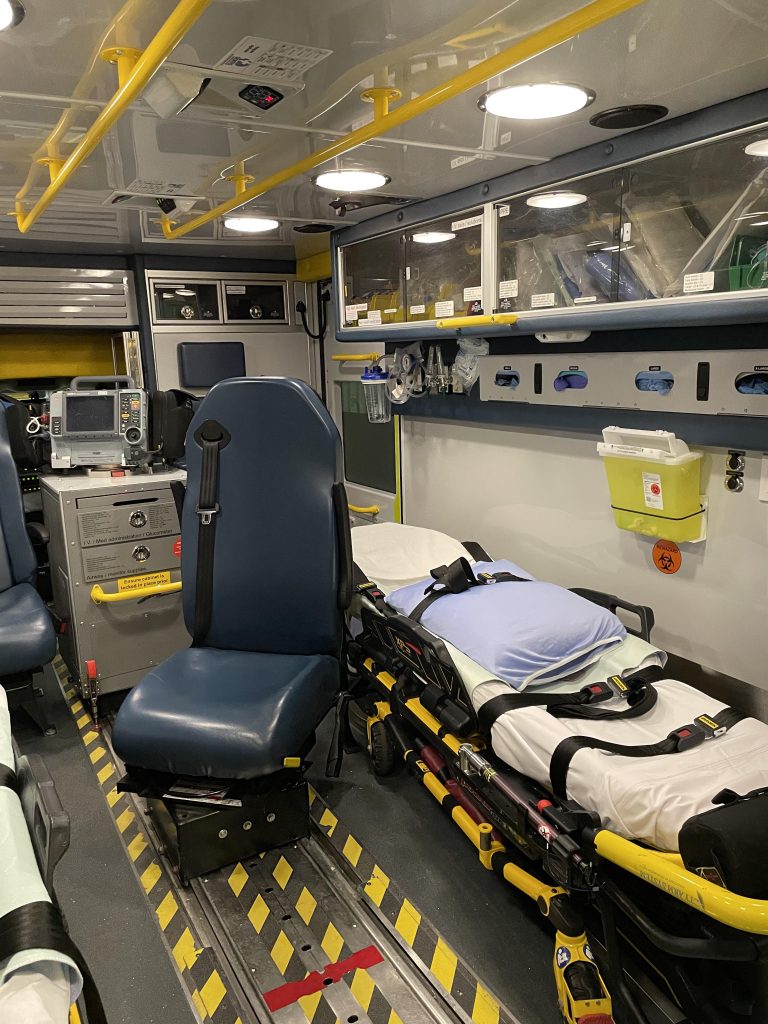 image source: reddit.com
image source: reddit.com
During emergencies, individuals with rare blood types may encounter significant challenges in finding compatible blood donors due to the scarcity of their blood type. This scarcity can lead to delays in receiving life-saving transfusions, as it may take time to locate a suitable match for you.
2. You've had strange reactions to any blood transfusions
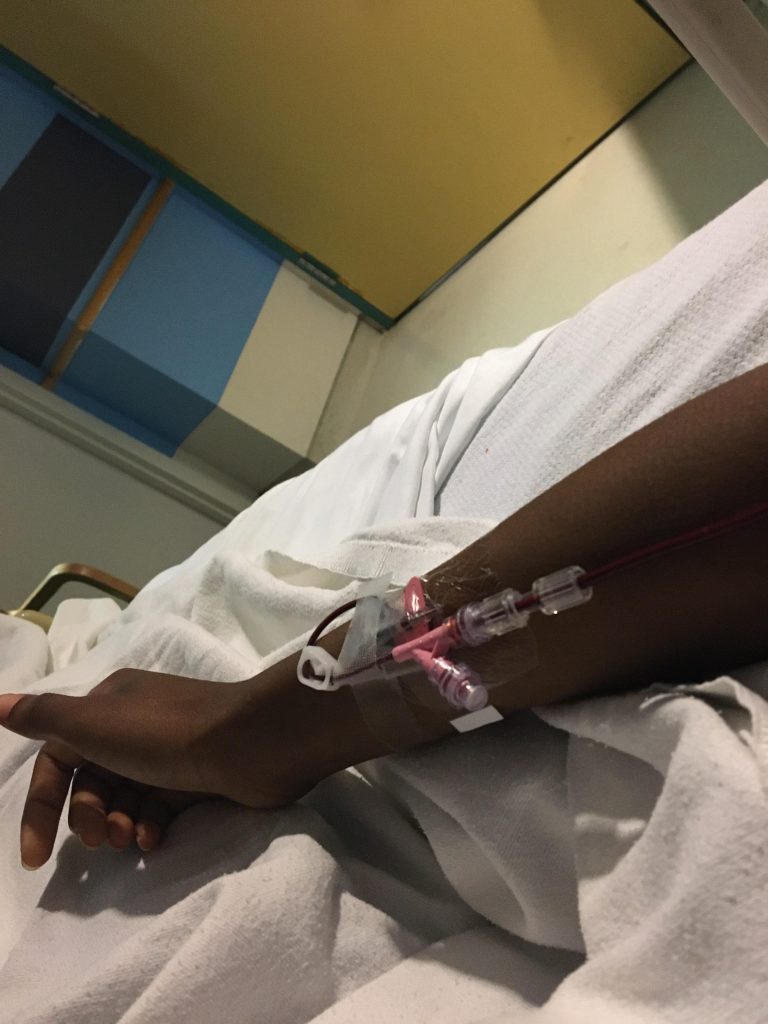 image source: reddit.com
image source: reddit.com
Individuals with rare blood types may experience unusual reactions to blood transfusions due to factors such as antigenic differences or unexpected immune responses. These reactions can range from mild discomfort to severe complications, including hemolytic reactions or immune-mediated responses.
3. Blood banks NEVER have your blood type!
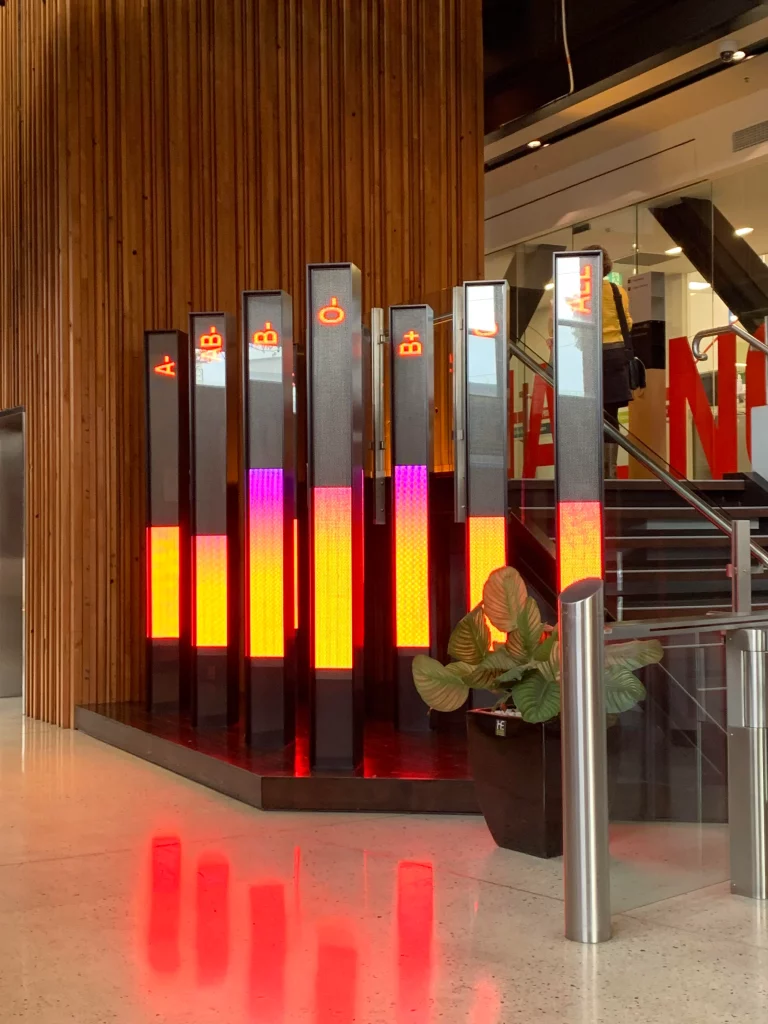 image source: reddit.com
image source: reddit.com
One of the challenges faced by individuals with rare blood types is the limited availability of their blood type in blood banks. Unlike more common blood types, which are typically readily available, rare blood types may be in short supply or entirely absent from blood bank inventories. This scarcity can pose significant obstacles for patients in need.
4. Medical staff are always surprised when they find out your blood type
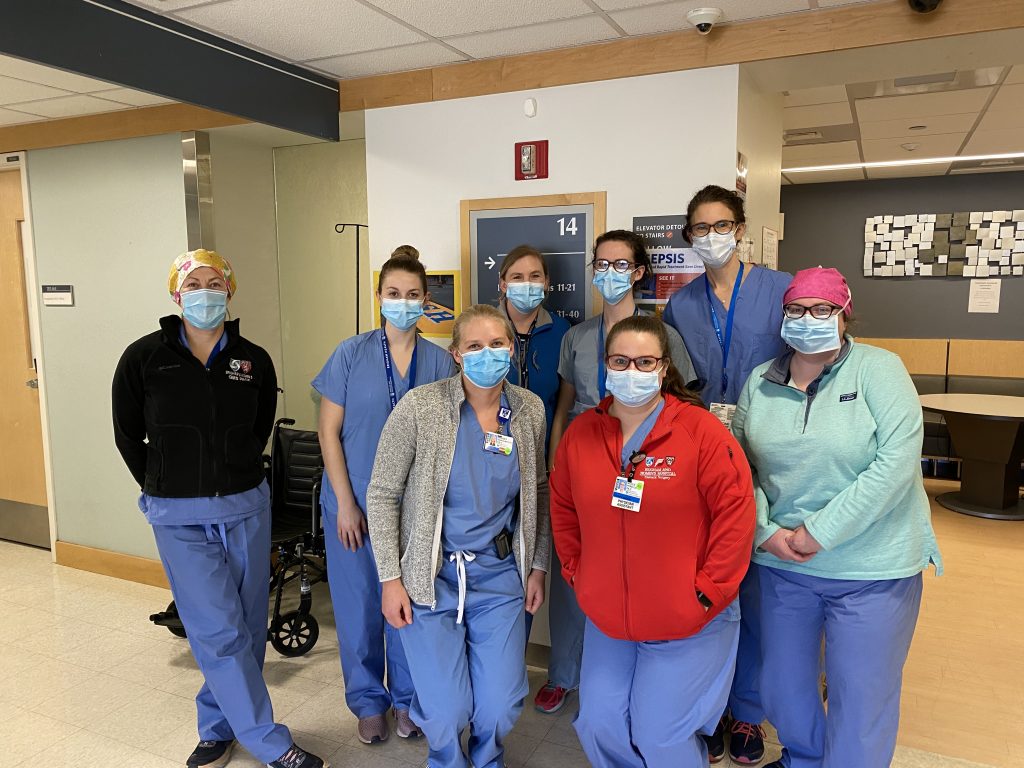 image source: x.com
image source: x.com
Encountering surprise or interest from medical personnel regarding one's blood type is not uncommon for individuals with rare blood types. Healthcare providers may express curiosity or fascination upon encountering a rare blood type, as it presents a unique opportunity for them to learn and gain insights into less common aspects of blood biology.
5. You're always being asked to take part in research studies
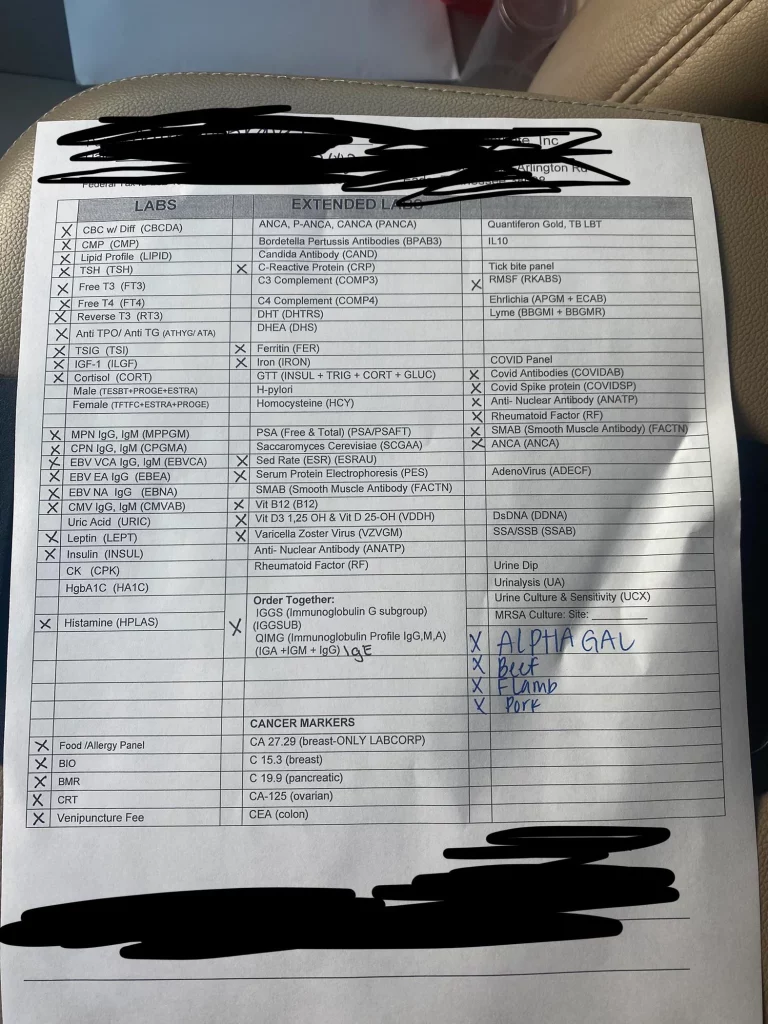 image source: reddit.com
image source: reddit.com
Individuals with rare blood types are often sought after to participate in research studies focused on blood types and related medical phenomena. Their unique blood profiles make them valuable contributors to scientific investigations aimed at understanding the genetic, immunological, and clinical aspects of rare blood types.
6. Family members find it near impossible to find organ donation
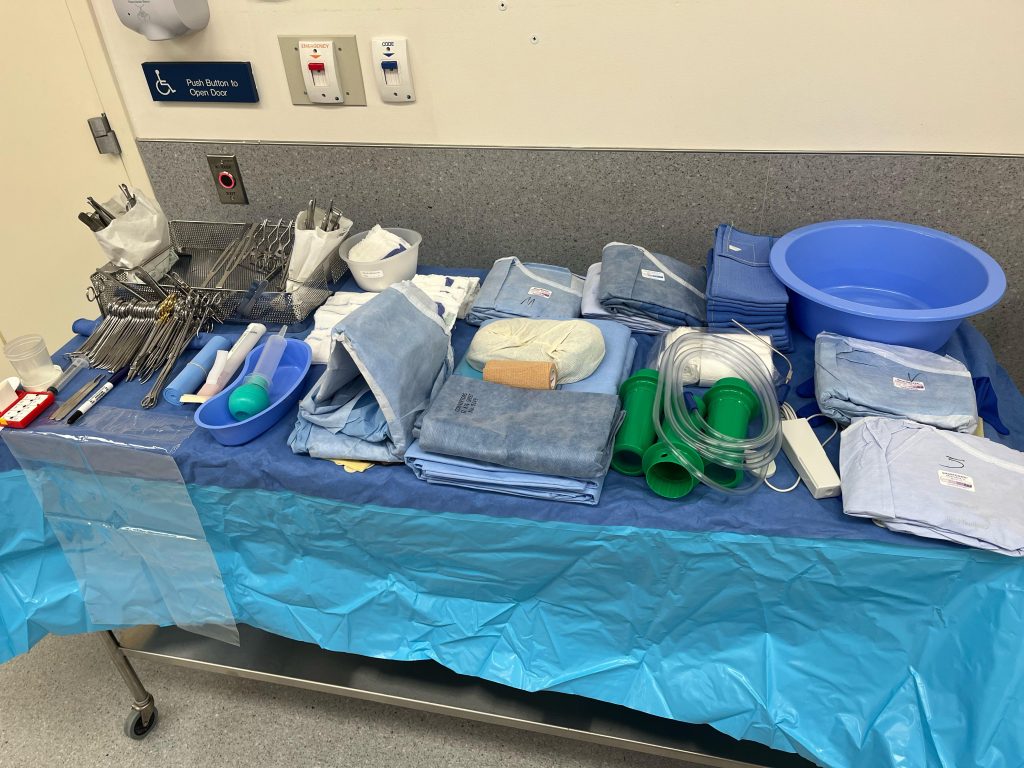 image source: reddit.com
image source: reddit.com
For individuals with rare blood types, their family members may encounter challenges in matching blood types for organ donation purposes. Organ transplantation often requires compatible blood types between the donor and recipient to minimize the risk of rejection and ensure the success of the transplant.
7. Blood banks practically beg you for regular donations
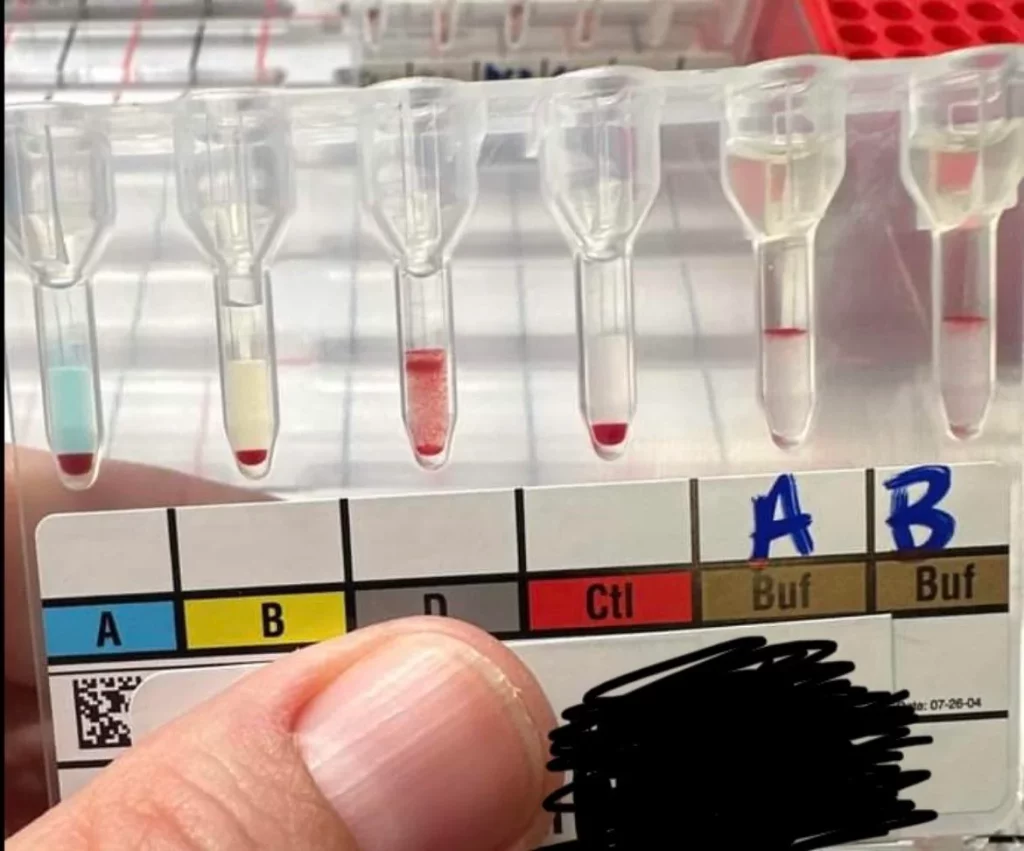 image source: reddit.com
image source: reddit.com
Individuals with rare blood types may receive special requests from blood banks to donate blood due to the scarcity of their blood type in the donor pool. Blood banks rely on voluntary blood donations to maintain an adequate supply. Donations from individuals with rare blood types are particularly valuable because they help ensure that sufficient quantities of these rare blood products are available when needed.
8. Filling out medical forms is a nightmare - your blood type is never listed!
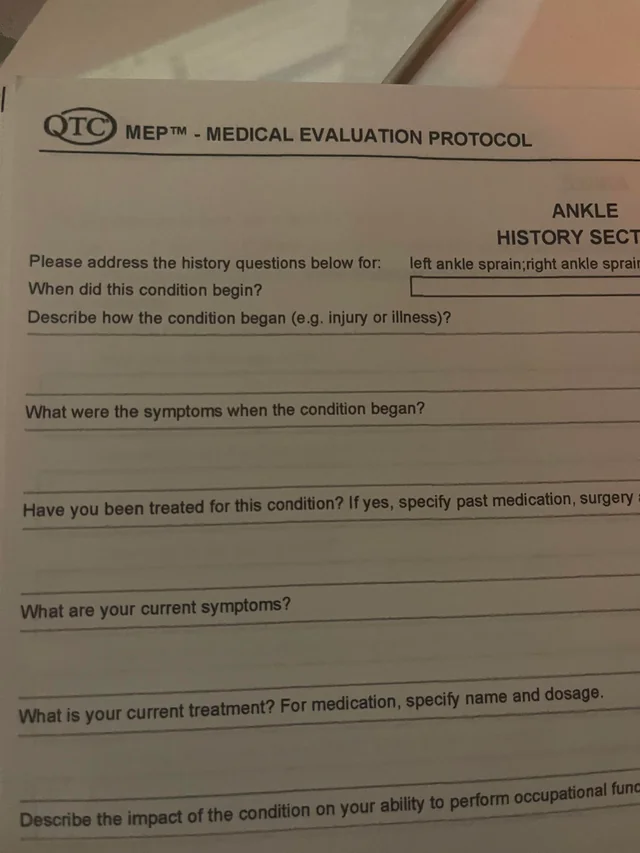 image source: reddit.com
image source: reddit.com
Individuals with rare blood types may encounter situations where their blood type is not included in standard forms or documentation templates. Many medical forms, registration documents, and health records typically provide predefined options for blood types based on the most common blood group systems, such as ABO and Rh.
9. Your blood type has somehow become a chosen topic of conversation - all the time
 image source: reddit.com
image source: reddit.com
Individuals with rare blood types may experience a sense of heightened awareness or curiosity from others regarding their blood type, leading to frequent discussions or inquiries about this aspect of their identity. Whether among friends, family, or healthcare providers, conversations about blood types can become a recurring topic.
10. You never see your blood type mentioned on TV shows or your favorite medical drama
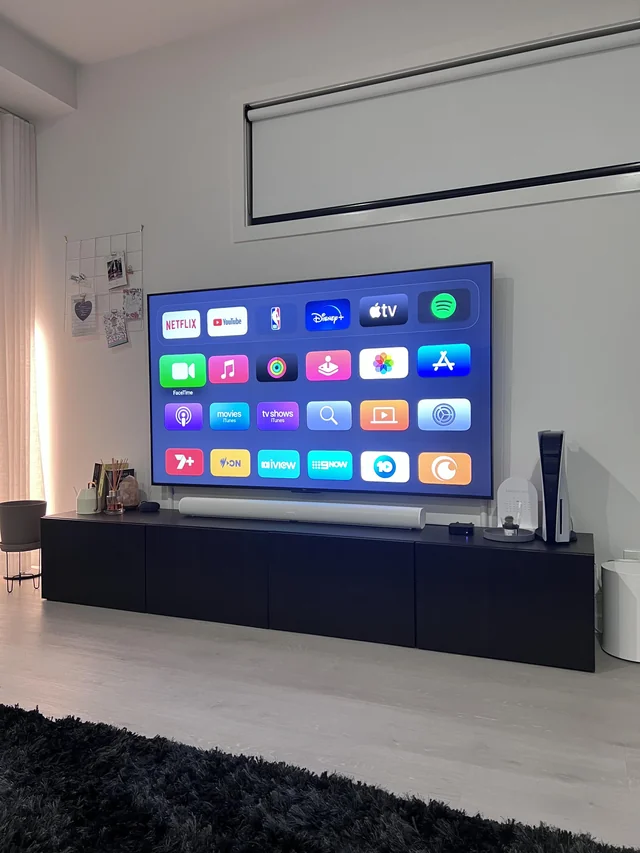 image source: reddit.com
image source: reddit.com
Individuals with rare blood types may seldom encounter representations of their blood type in mainstream media or advertising campaigns, which predominantly feature more common blood types. The portrayal of blood types in popular culture often reflects the prevalence of certain blood group systems, while overlooking the diversity and complexity of less common blood types.
11. All your family members have a different blood type
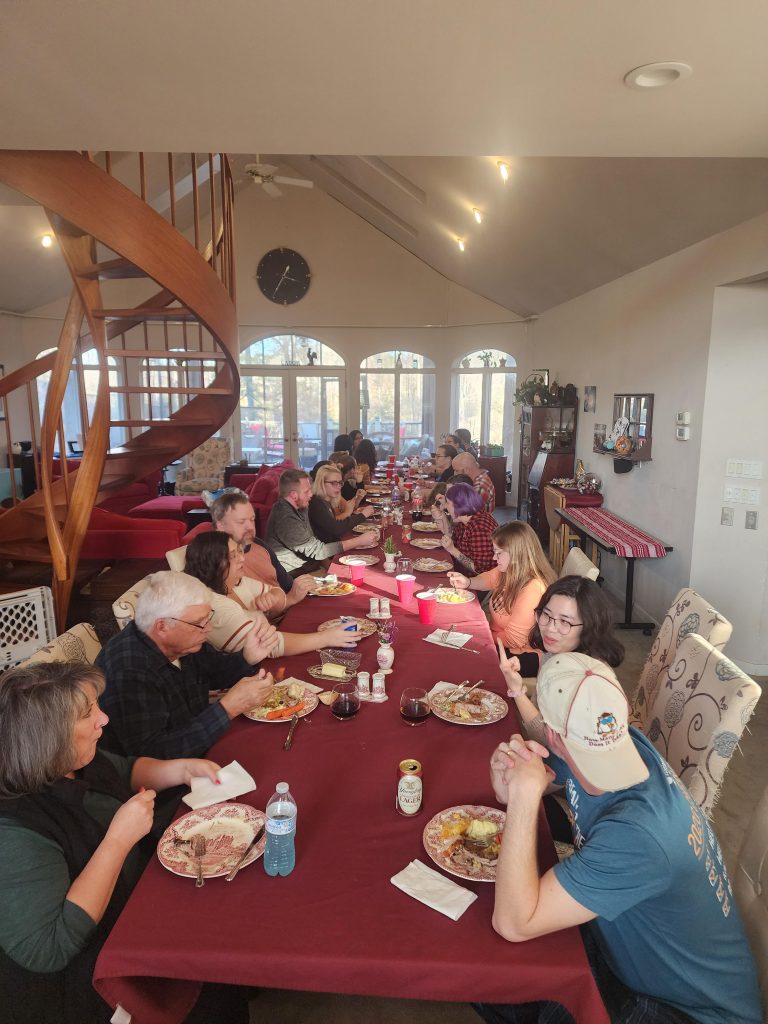 image source: reddit.com
image source: reddit.com
Having family members with different blood types can be a common occurrence, especially in families where genetic diversity plays a significant role. This diversity may result from the inheritance of blood type alleles from parents with different blood groups or from the occurrence of genetic mutations that give rise to rare blood types.
12. You've been told your blood type is valuable for medical purposes
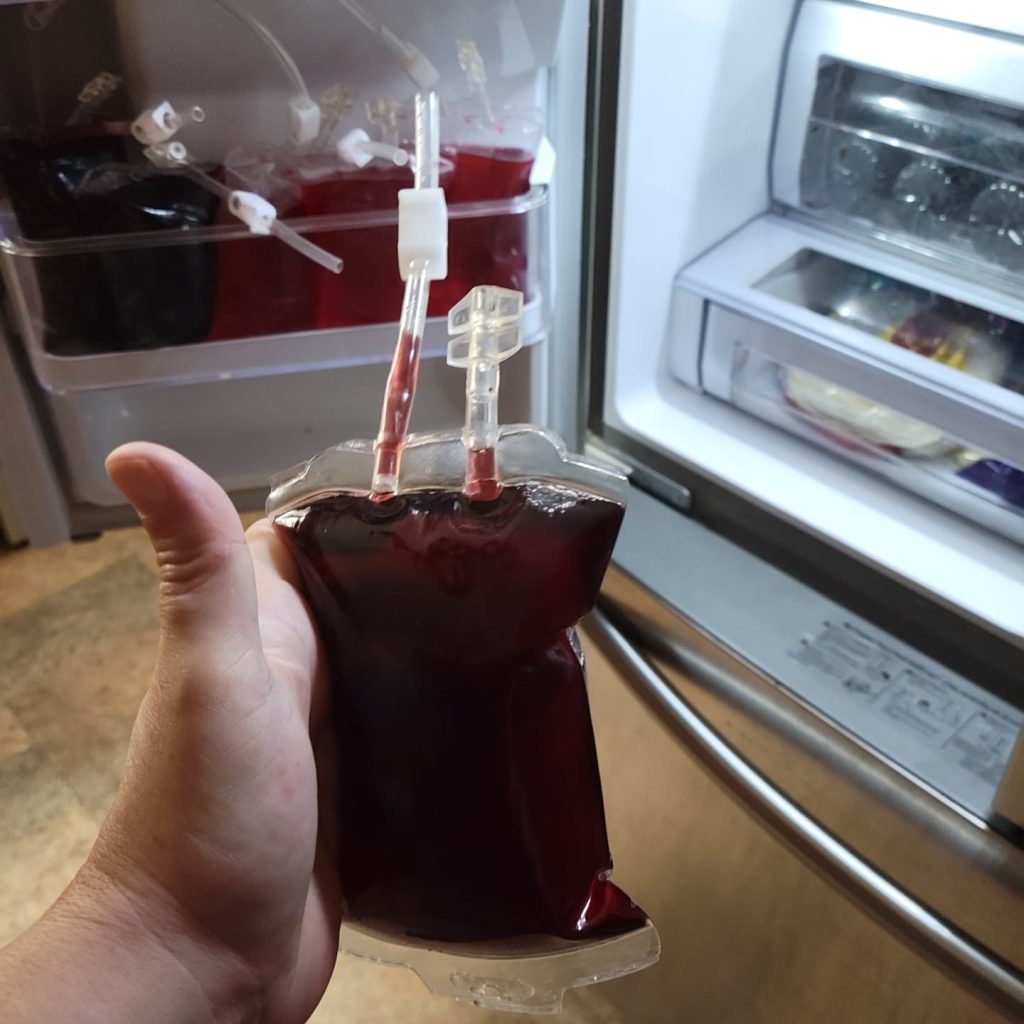 image source: reddit.com
image source: reddit.com
Learning that one's blood type is valuable for certain medical purposes can be a significant revelation, highlighting the unique properties or characteristics of an individual's blood. Certain blood types may be particularly sought after for specialized medical treatments, such as rare plasma donations, or research studies focused on specific blood group antigens.
13. You've been referred to a hematologist for further study
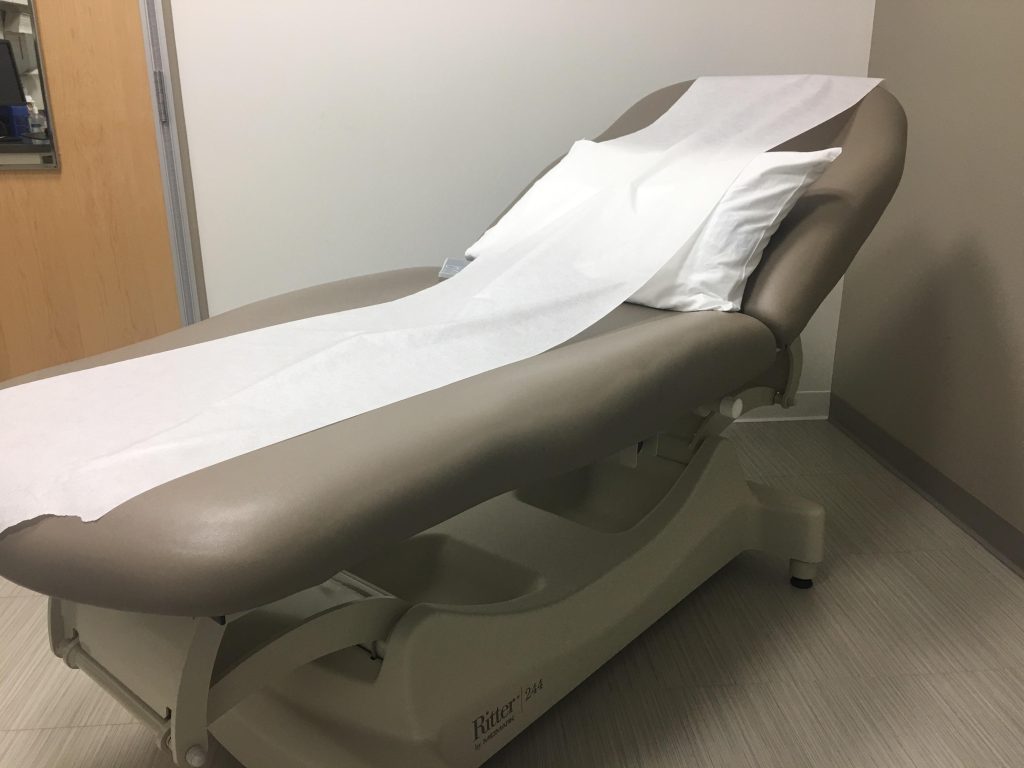 image source: reddit.com
image source: reddit.com
Being referred to a hematologist for further examination can occur when individuals present with blood-related health concerns or when their blood tests reveal abnormalities that warrant specialized evaluation and management. Hematologists are medical professionals with expertise in diagnosing and treating disorders of the blood and bone marrow.
14. You've been asked to join bone marrow registries because your blood is so rare
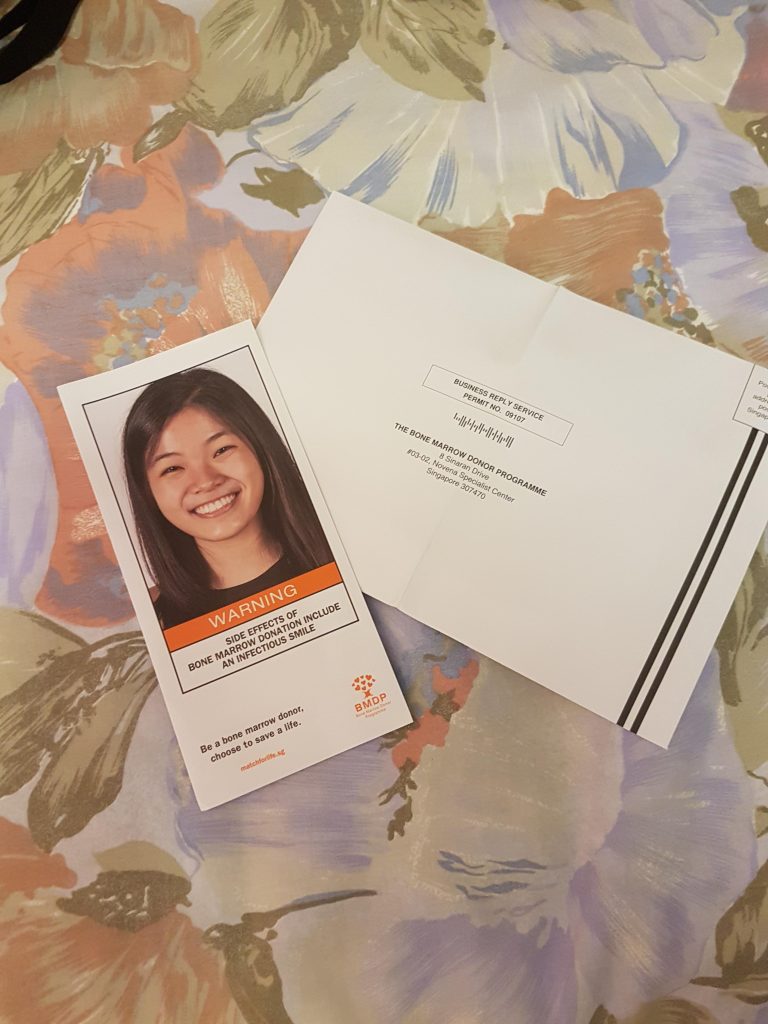 image source: reddit.com
image source: reddit.com
Individuals with rare blood types may be encouraged to join bone marrow registries due to the potential significance of their genetic makeup in matching patients in need of bone marrow transplants. Bone marrow transplantation is a life-saving treatment for various hematologic disorders, including leukemia, lymphoma, and inherited bone marrow failure syndromes.
15. An extra level of caution has to be taken if you have any medical procedure relating to blood
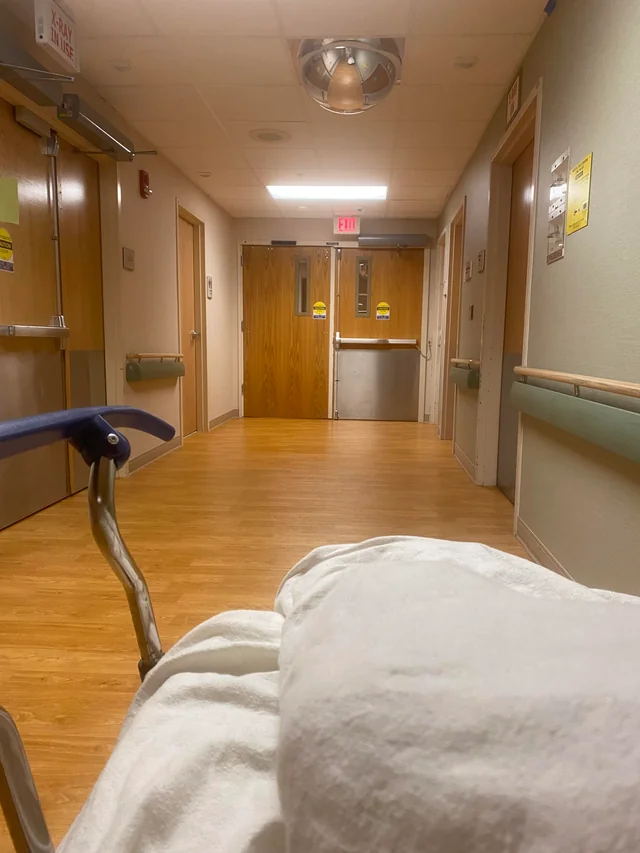 image source: reddit.com
image source: reddit.com
Medical procedures involving blood often require an extra level of caution to ensure patient safety and prevent adverse outcomes, particularly for individuals with rare blood types who may have specific sensitivities or risks. Healthcare providers must adhere to rigorous protocols for blood collection, transfusion, and handling to minimize the likelihood of transfusion reactions, bloodborne infections, or other complications.
16. You've always had a sense of curiosity about your unique blood type
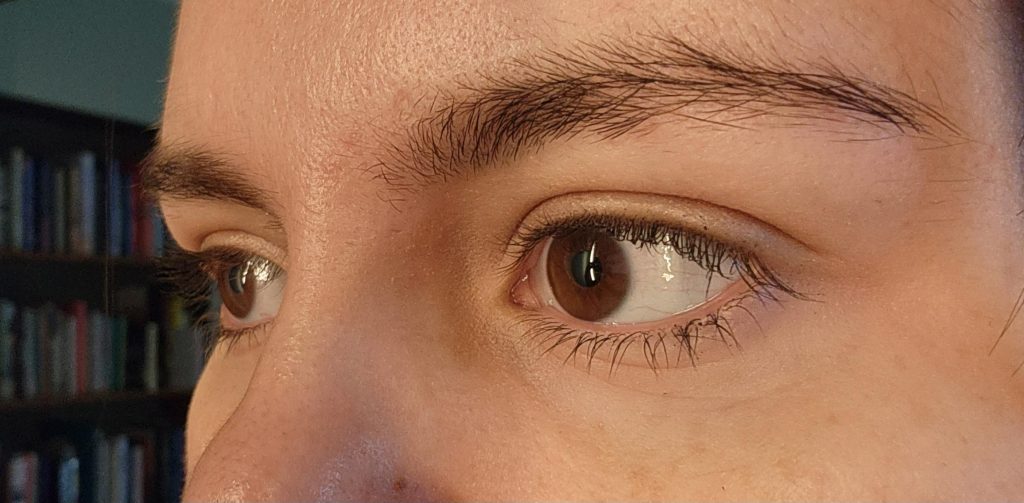 image source: reddit.com
image source: reddit.com
Discovering that one has a rare blood type can evoke a sense of pride or curiosity, as it represents a distinctive aspect of one's genetic identity. Individuals with rare blood types may feel a sense of uniqueness and specialness, knowing that their blood possesses characteristics that set it apart from the more common blood types.
17. You've been encouraged to carry a medical card that specifies your blood type
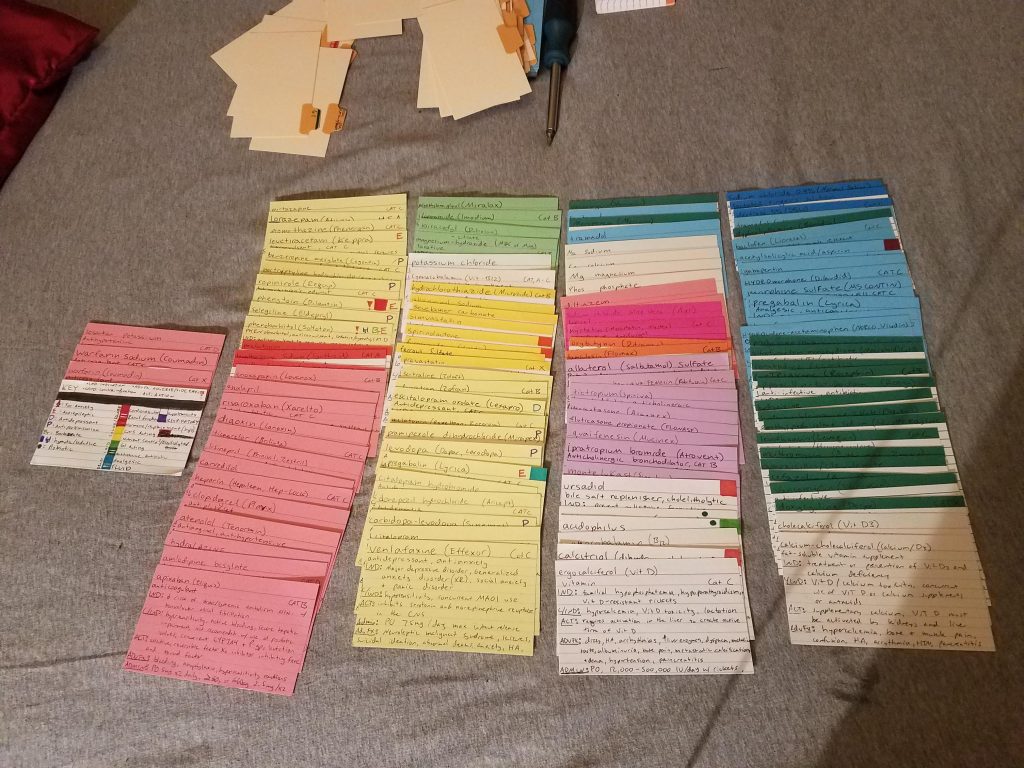 image source: reddit.com
image source: reddit.com
Individuals with rare blood types are often encouraged to carry a medical alert bracelet or card specifying their blood type as a precautionary measure to ensure prompt and accurate medical treatment in case of emergencies. Medical alert jewelry serves as a visible indicator to healthcare providers and first responders, alerting them to important medical information, such as blood type, allergies, or chronic conditions.
18. You're always been sought out by people you know during blood drives
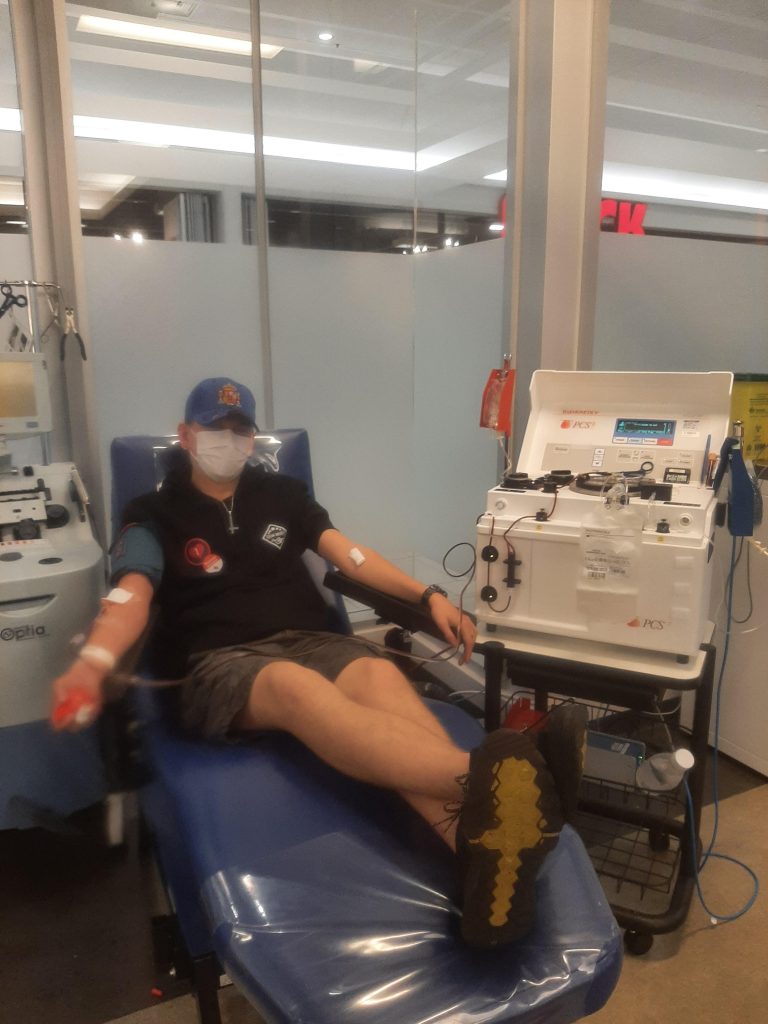 image source: reddit.com
image source: reddit.com
Individuals with rare blood types may find themselves being sought out by friends or acquaintances during blood drives, as their unique blood type holds particular significance for patients in need of transfusions or specialized medical treatments. Friends and acquaintances may reach out to them with requests for blood donations, knowing that their rare blood type could make a difference.
19. Your blood type is always double checked during procedures (as though it might be a mistake!)
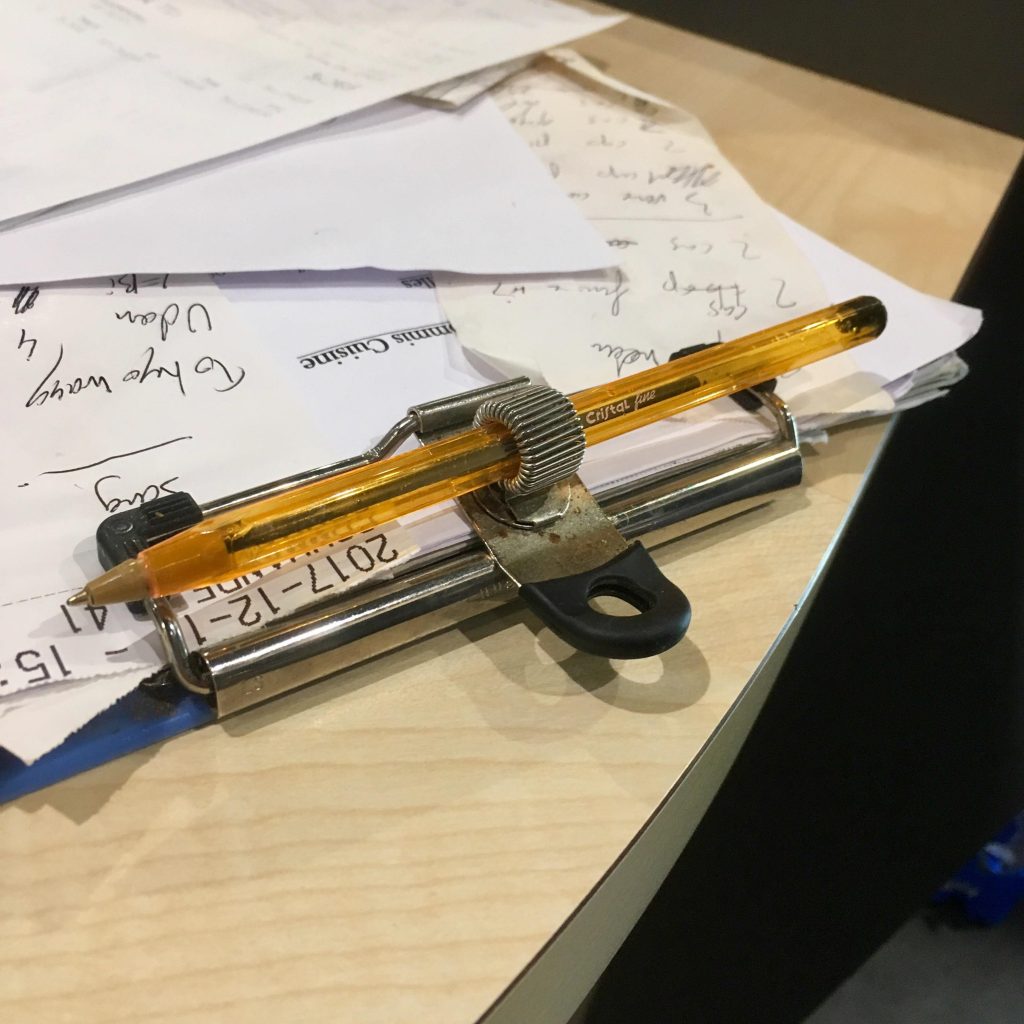 image source: reddit.com
image source: reddit.com
During medical procedures involving blood, medical professionals often double-check the patient's blood type to ensure accuracy and prevent adverse events related to blood transfusions or other interventions. For individuals with rare blood types, this additional level of scrutiny reflects the healthcare team's commitment to patient safety and quality of care.
20. You always feel like you're in the minority when discussing blood types

image source: reddit.com
Individuals with rare blood types may sometimes feel like they're in the minority when discussing blood types with others, especially in settings where common blood types dominate the conversation. Discussions about blood types often revolve around the more prevalent ABO and Rh blood group systems, which can leave individuals with rare blood types feeling overlooked or marginalized.
21. You always receive personalized communication from blood banks
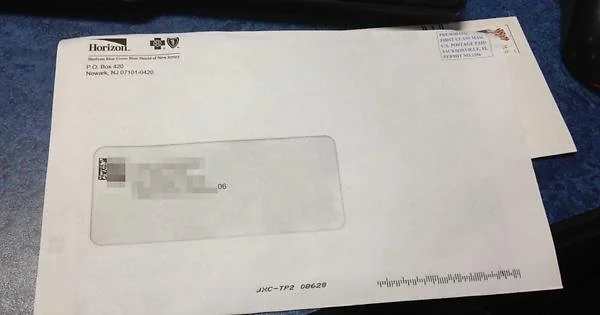
image source: reddit.com
Receiving personalized communication from blood banks regarding your blood type can be a validating and reassuring experience for individuals with rare blood types. This proactive outreach demonstrates the blood bank's recognition of the unique needs and contributions of individuals with less common blood types.
22. You're always being told that your blood type is in-demand for research purposes
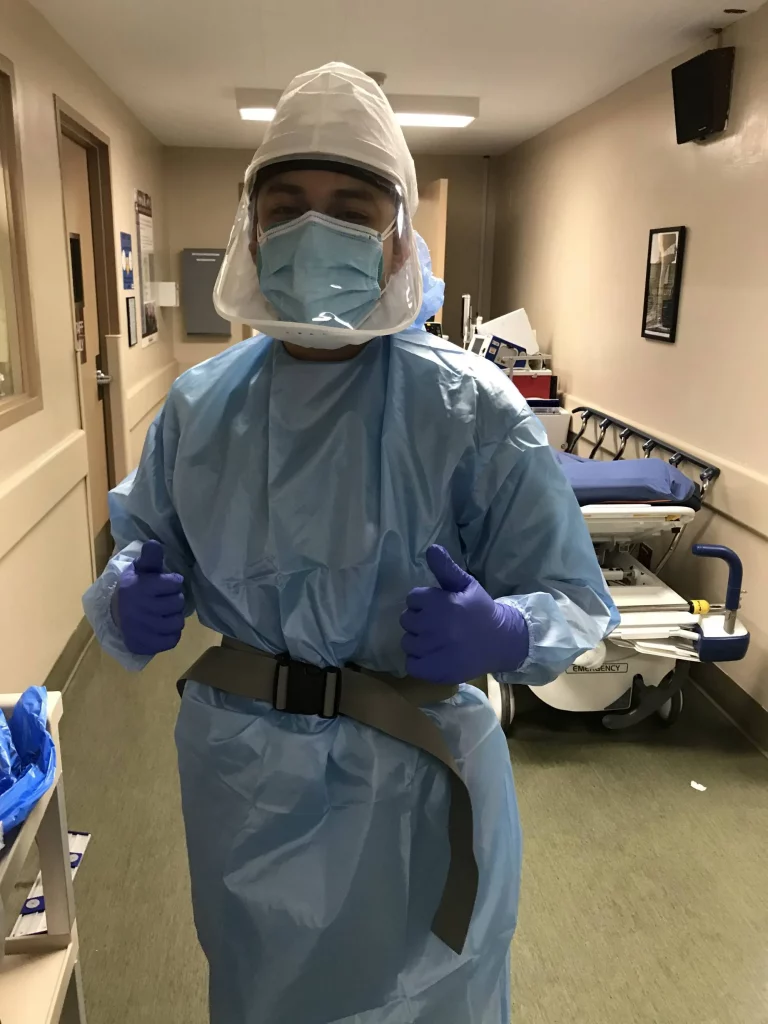 image source: reddit.com
image source: reddit.com
Being informed that your blood type is in demand for research purposes highlights the unique scientific value of your blood type in advancing medical knowledge and innovation. Researchers may seek out individuals with rare blood types to study the genetic, immunological, or clinical characteristics associated with these less common variants.
23. You ALWAYS have difficulty finding things tailored for your blood type
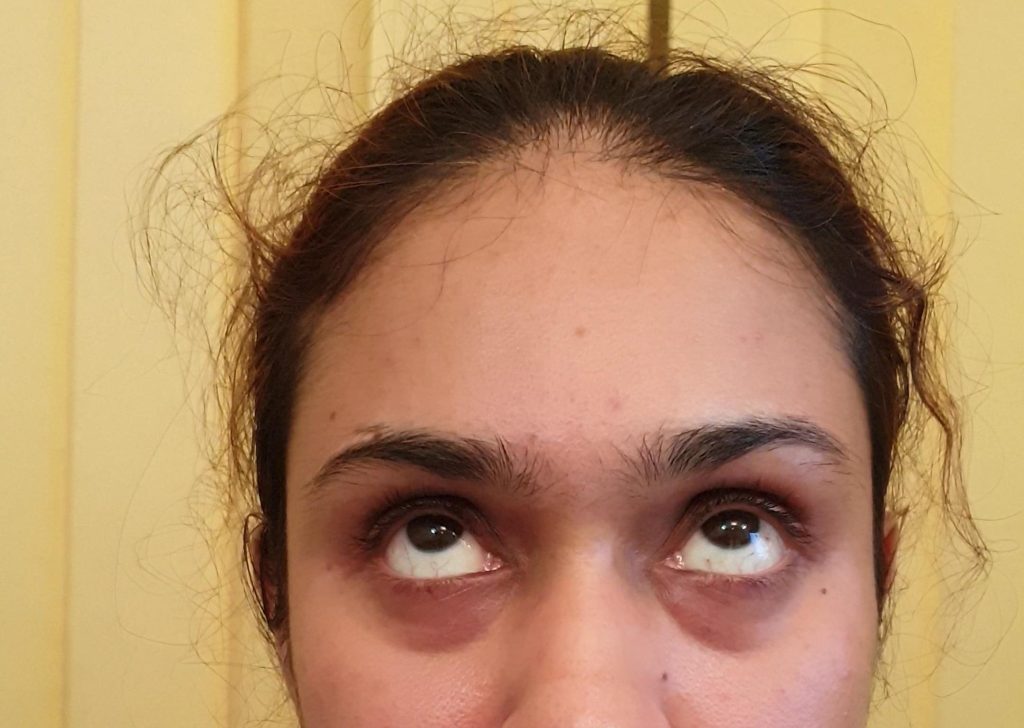 image source: reddit.com
image source: reddit.com
Individuals with rare blood types may encounter challenges in accessing blood products specifically tailored to their type due to the limited availability or distribution of these specialized products. Blood banks typically prioritize the collection and processing of blood products from more common blood types to meet the majority of transfusion needs.
24. You've been told that your blood type is valuable for neonatal care
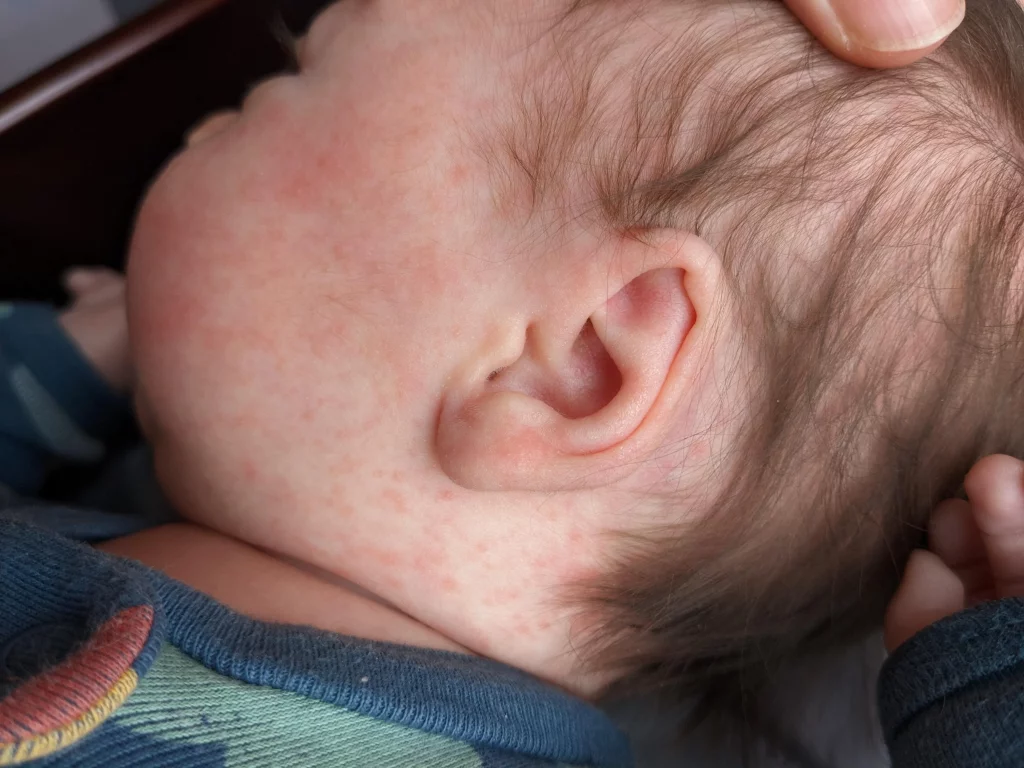 image source: reddit.com
image source: reddit.com
Being informed that your blood type is particularly valuable for neonatal care underscores the critical role that individuals with rare blood types play in supporting the health and well-being of newborn infants. Neonatal care often requires specialized blood products, such as packed red blood cells or fresh frozen plasma, to address the unique medical needs of premature or critically ill infants.
25. Medical students or interns are VERY interested in your blood
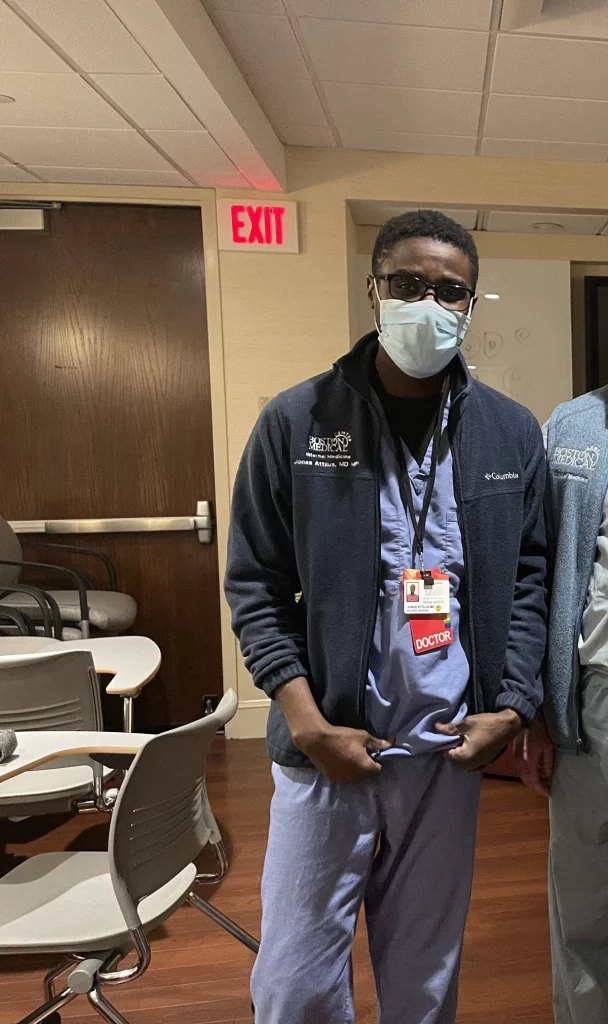
image source: reddit.com
For individuals with rare blood types, interactions with medical trainees provide opportunities to share knowledge, educate future healthcare professionals, and raise awareness about the importance of rare blood types in clinical practice. Medical students and interns may express curiosity about the genetic inheritance or antigenic properties.
26. You're always being told about the risks or benefits associated with your blood type
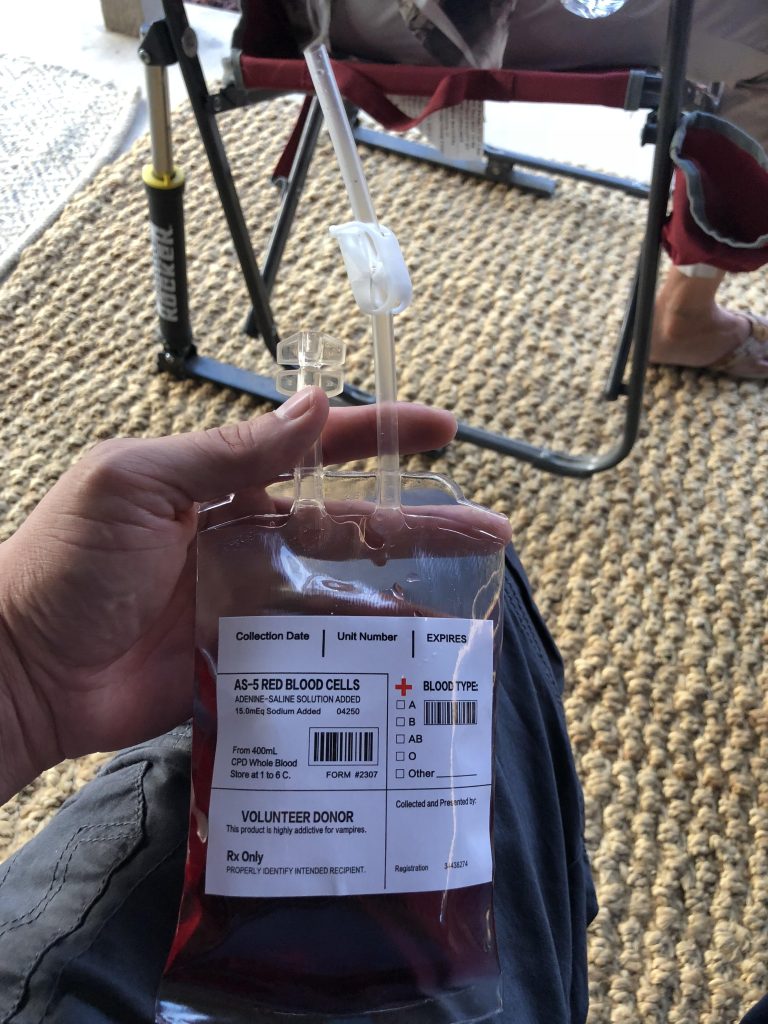 image source: reddit.com
image source: reddit.com
Different blood types may be associated with specific health considerations, such as susceptibility to certain diseases, compatibility with blood transfusions, or risk factors for medical conditions. For example, individuals with blood type O may have a lower risk of heart disease but may be more prone to ulcers, while those with blood type AB may have an increased risk of cardiovascular issues.
27. It's always a challenge if you take elective surgeries
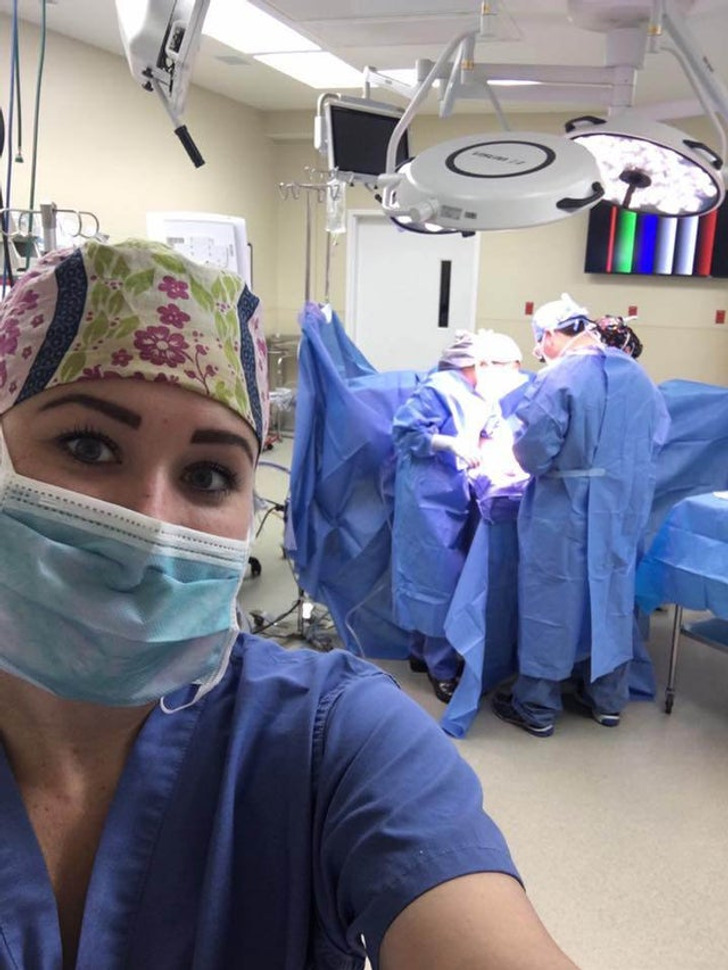 image source: reddit.com
image source: reddit.com
Experiencing challenges in finding compatible blood for elective surgeries can be a stressful and concerning experience for individuals with rare blood types or specific blood type antibodies. Elective surgeries often require blood transfusions to replace blood loss during the procedure or to support postoperative recovery.
28. You're always being asked about your family's medical history in relation to blood types
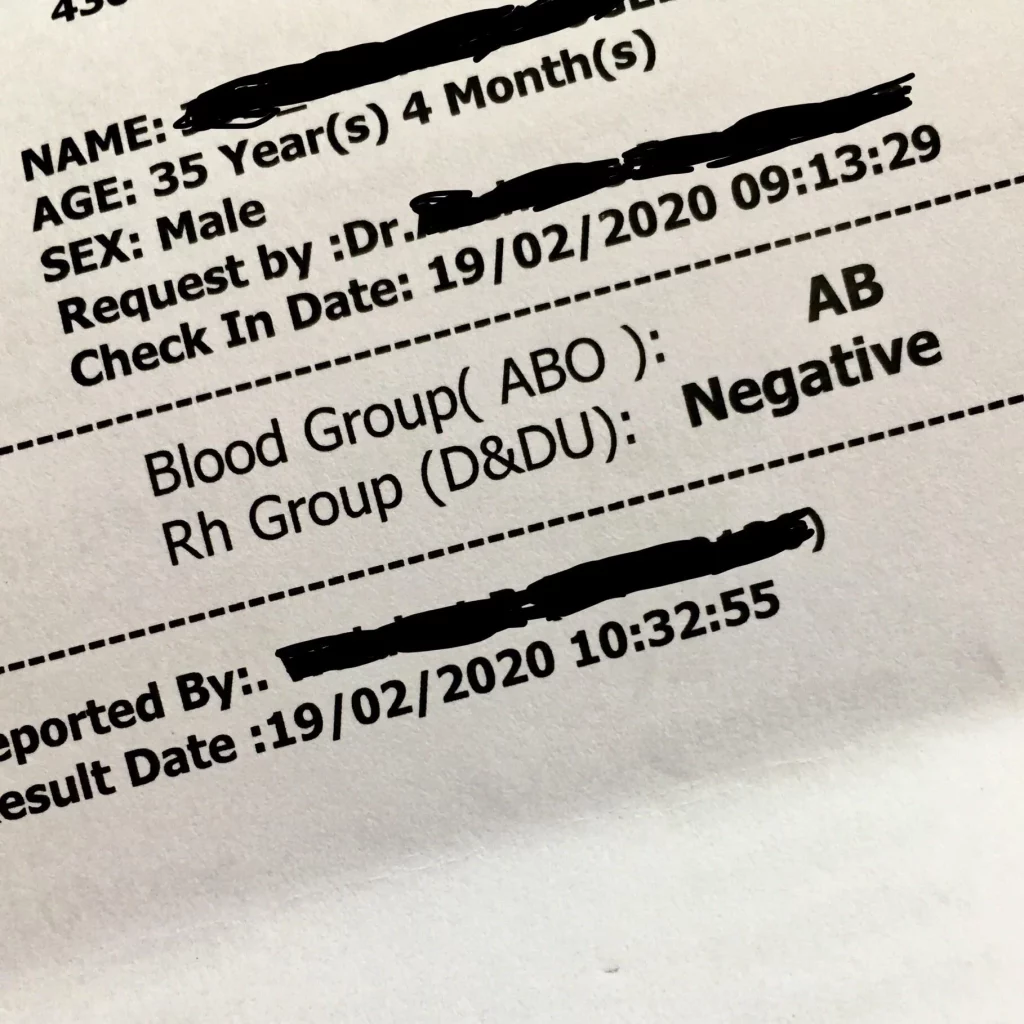 image source: reddit.com
image source: reddit.com
Being asked about your family's medical history related to blood types is a routine aspect of medical assessments aimed at understanding potential hereditary risk factors or genetic predispositions for certain health conditions. Family medical history provides valuable insights into patterns of inheritance, disease prevalence, and potential genetic markers associated with specific blood group systems.
29. You always receive follow up enquiries after you've donated blood
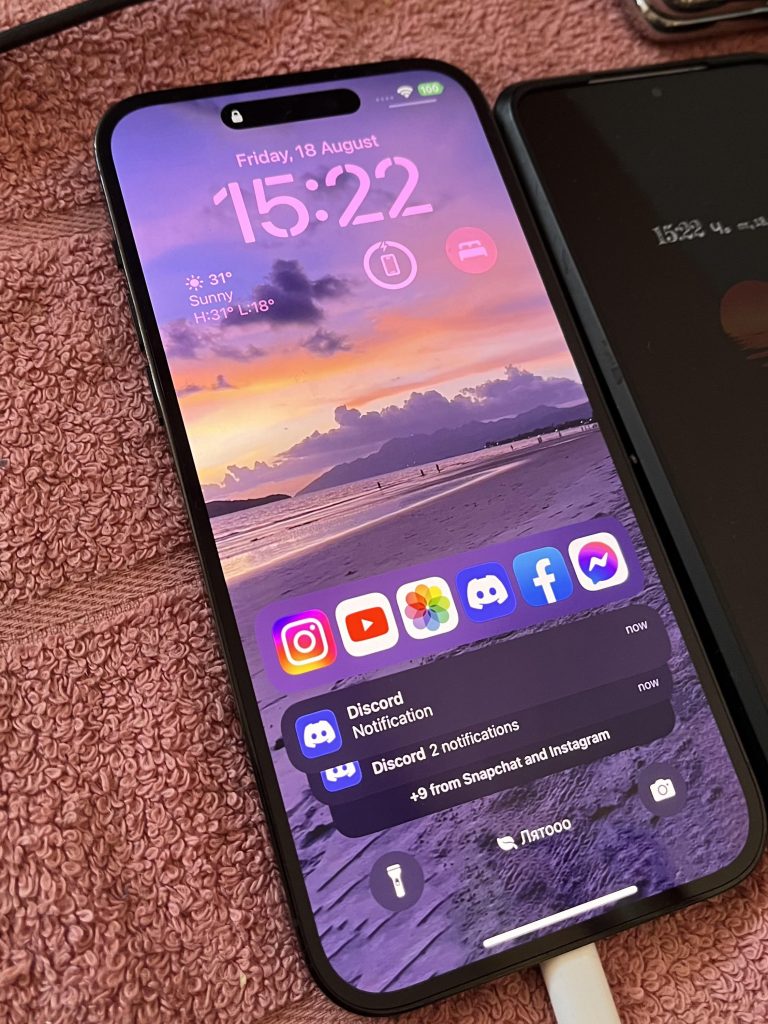 image source: reddit.com
image source: reddit.com
Receiving follow-up inquiries from blood banks after donating reflects their commitment to maintaining a safe, efficient, and sustainable blood supply chain to meet the needs of patients in healthcare settings. Blood banks may reach out to donors for various reasons, such as to express gratitude for their donation, or provide updates on the impact of their contribution.
30. You've actually been advised to store your own blood for potential future use
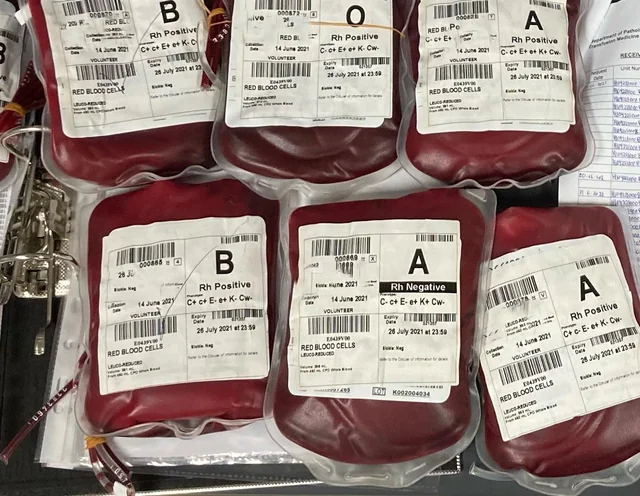 image source: reddit.com
image source: reddit.com
Being advised to store your own blood for potential future use, also known as autologous blood donation, may be recommended in certain medical situations, such as elective surgeries, where the likelihood of requiring blood transfusions is higher. Autologous blood donation involves collecting and storing one's own blood in advance of a planned surgical procedure.
31. You always feel pressure or responsibility to donate blood regularly
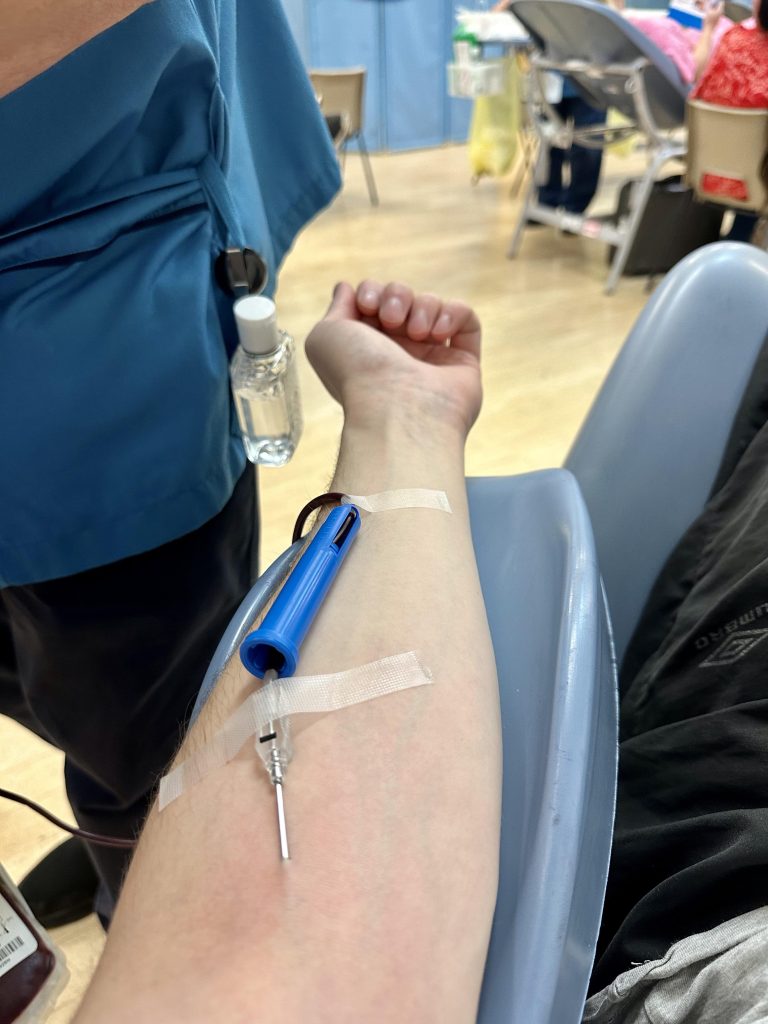 image source: reddit.com
image source: reddit.com
Knowing that their blood type is less common and may be in high demand for specific patients who require transfusions or specialized blood products, individuals with rare blood types feel compelled to contribute to the blood supply to ensure that adequate reserves are available when needed.
32. You've always found it difficult to find information about your blood type
 image source: reddit.com
image source: reddit.com
While extensive information is available for more common blood types, such as ABO and Rh, resources on less common blood group systems and rare blood variants may be limited or inaccessible. This lack of comprehensive information can pose challenges for individuals navigating healthcare decisions.
33. You've been sought out as a potential match for rare blood disorders
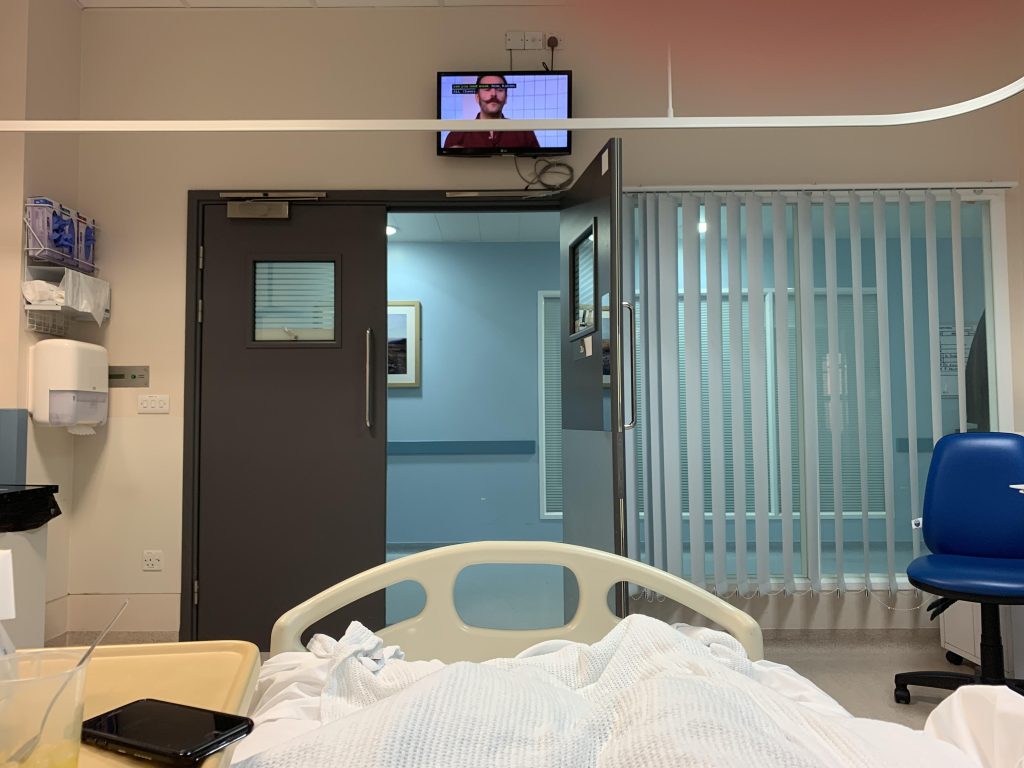 image source: reddit.com
image source: reddit.com
Being sought out as a potential match for rare blood disorders underscores the critical role that individuals with rare blood types play in supporting patients with complex medical needs and rare hematologic conditions. Patients with rare blood disorders, such as hemophilia, thalassemia, or sickle cell disease, may require specialized treatments.
34. You're always being told about the benefits of plasma donation
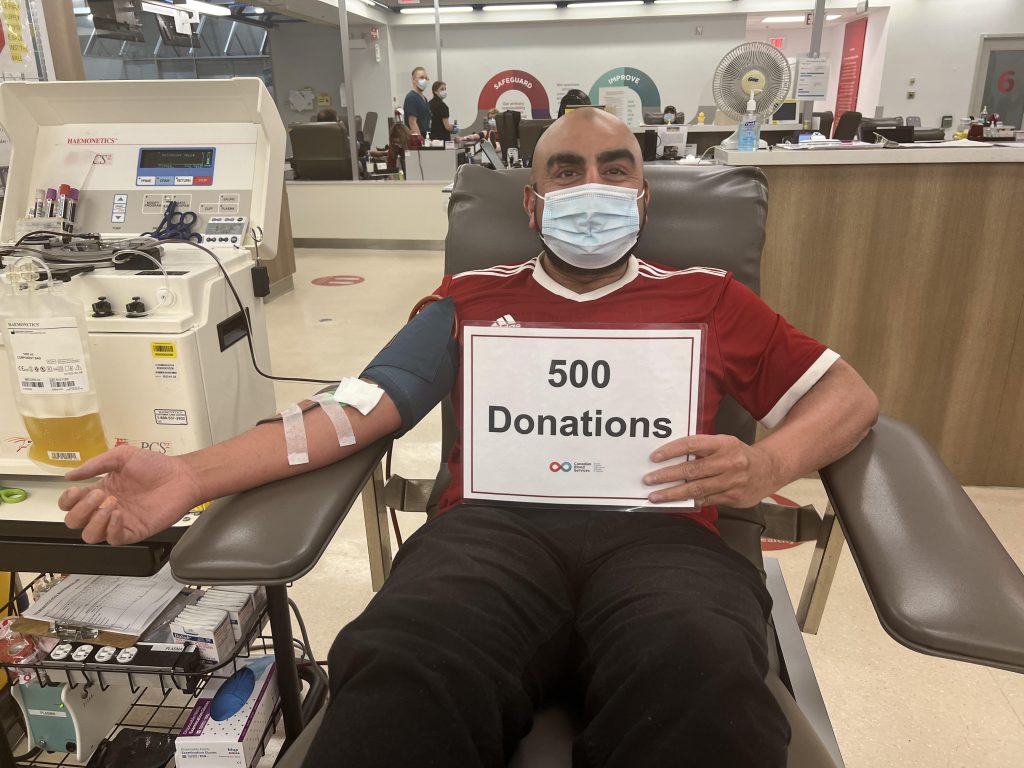 image source: reddit.com
image source: reddit.com
Individuals with rare blood types may possess unique plasma components that hold significant therapeutic value for patients with specific medical conditions, such as immune deficiencies, coagulation disorders, or autoimmune diseases. By donating plasma, individuals with rare blood types contribute to the production of specialized plasma-derived products.
35. You're always being kept in the loop about medical advancements relating to your blood type
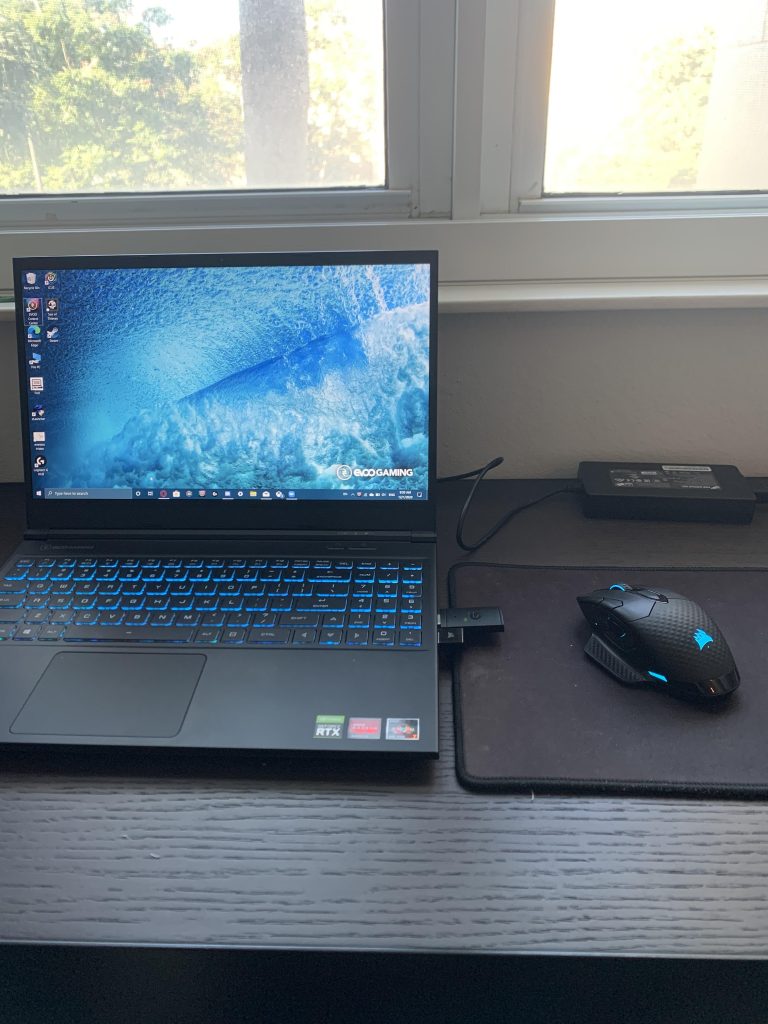 image source: reddit.com
image source: reddit.com
Being informed about advancements in medical technology related to one's rare blood type can evoke a sense of optimism. As scientific understanding of blood biology continues to evolve, researchers and healthcare innovators are developing novel diagnostic tools, therapeutic interventions, and personalized treatment strategies tailored to the unique characteristics of rare blood types.
36. You feel a sense of gratitude to those who donate blood that matches your type (it's rare after all!)
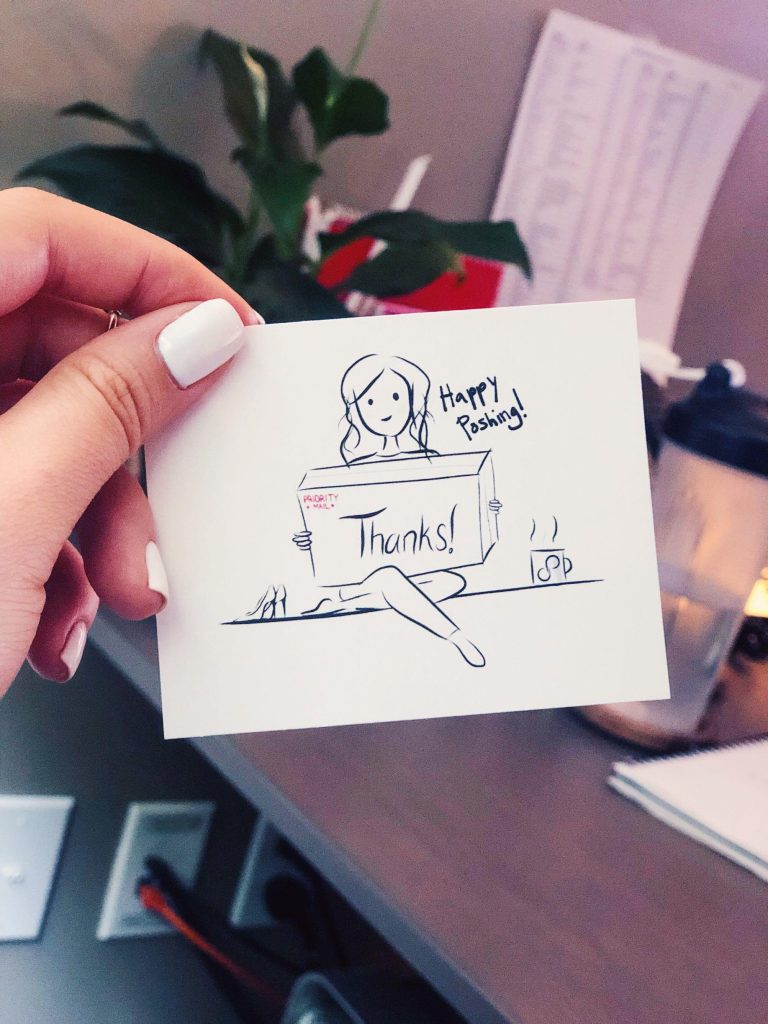 image source: reddit.com
image source: reddit.com
Feeling a sense of gratitude for those who donate blood that matches one's rare type is a natural response to the generosity, compassion, and altruism demonstrated by blood donors who contribute to the well-being and survival of patients in need. Individuals with rare blood types understand the critical importance of having access to compatible blood products during medical treatments, emergencies, or surgical procedures.
37. Fun facts about rare blood types you didn't know: type AB donors are universal, meaning they can match any blood type!
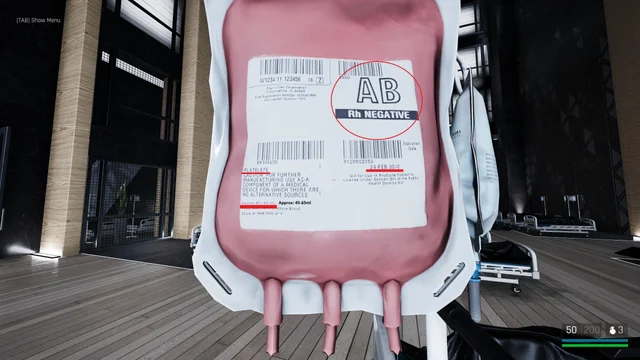 image source: reddit.com
image source: reddit.com
Individuals with blood type AB are highly valued in blood donation centers as "universal plasma donors" due to their unique ability to donate plasma that can be transfused into patients with any blood type. Unlike red blood cells, which contain ABO antigens on their surface that can cause immune reactions if mismatched, plasma lacks these antigens, making it compatible with all blood types.
38. The 'Bombay blood group' is one of the rarest around
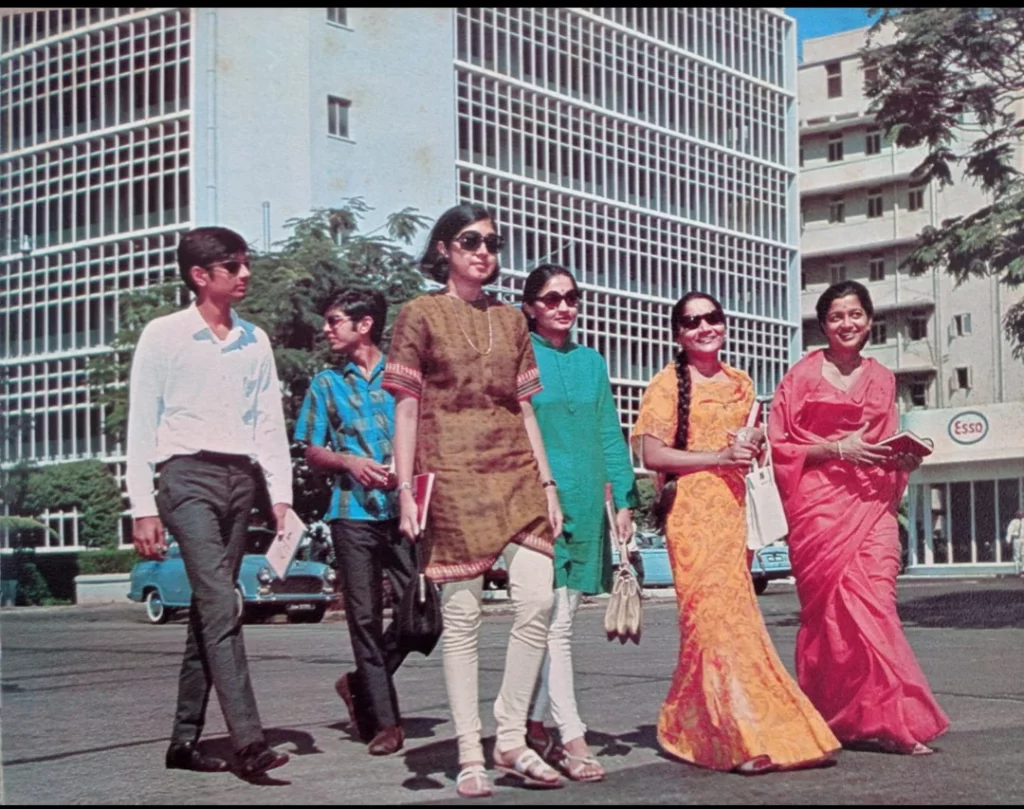 image source: reddit.com
image source: reddit.com
The Bombay blood group, first discovered in Bombay (now Mumbai), India, is an exceedingly rare blood type characterized by the absence of ABO antigens on red blood cells. Individuals with the Bombay blood group cannot be typed using conventional ABO blood typing methods, as they lack the antigens present in the ABO blood group system.
39. Less than 50 people in the world have the 'Rh-null' blood type
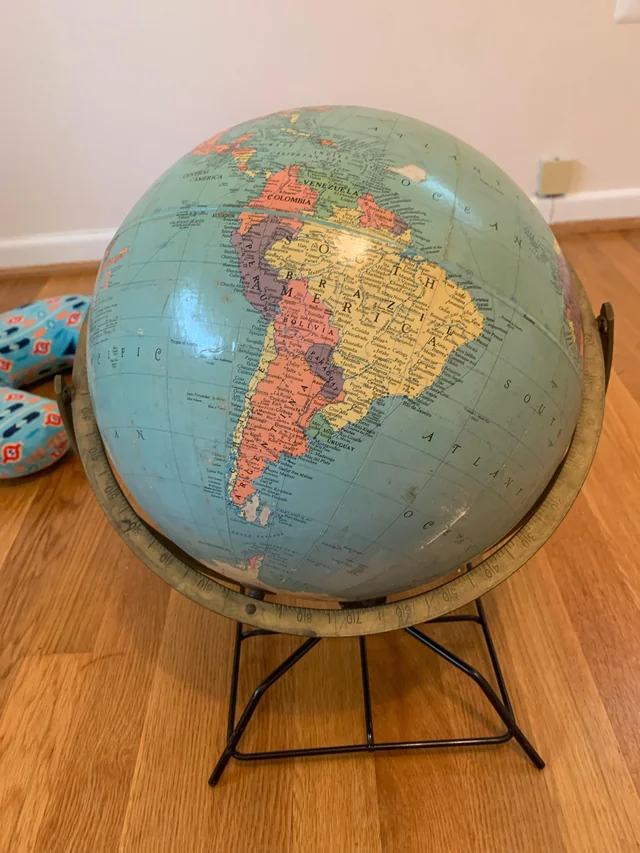 image source: reddit.com
image source: reddit.com
Rh-null, also known as Rhnull or Rhnull syndrome, is an exceptionally rare blood type characterized by the absence of all Rh antigens on red blood cells. With fewer than 50 individuals known to have Rh-null blood worldwide, this blood type is exceedingly rare and poses significant challenges in blood banking and transfusion medicine.
40. Some people have cells from two different blood types
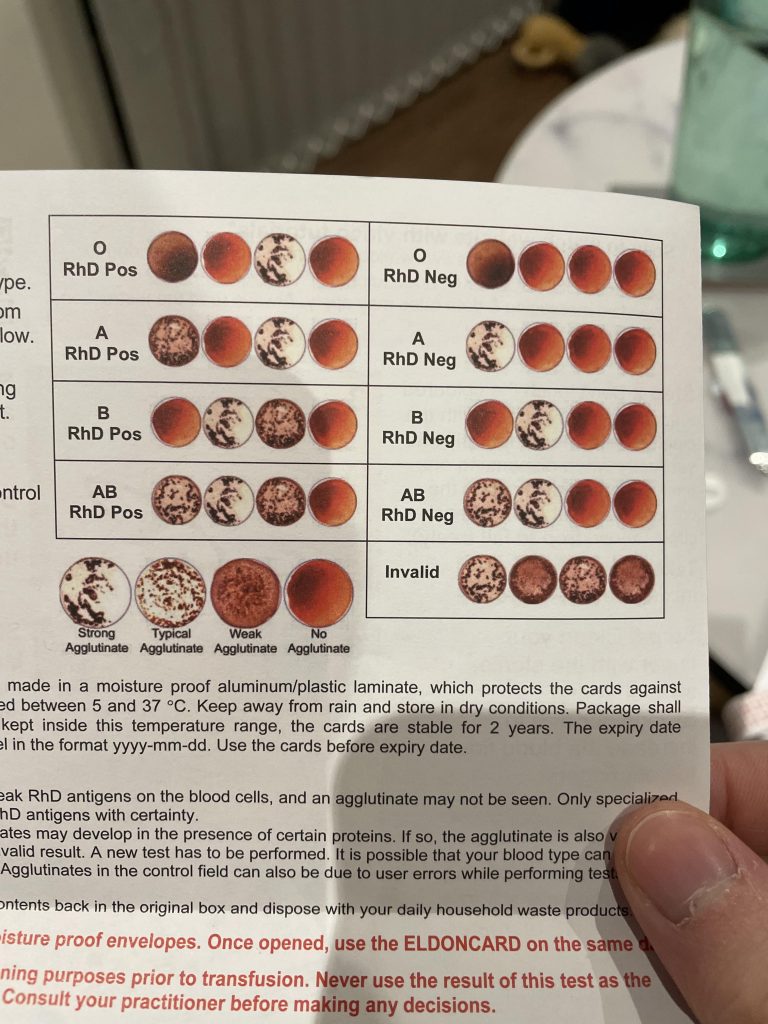 image source: reddit.com
image source: reddit.com
Blood type chimerism is a fascinating phenomenon in which an individual's blood contains cells from two different blood types. Blood type chimerism presents unique challenges in blood typing and compatibility testing, as individuals may have multiple blood types present in their circulation.
41. Rare blood types may have cross-reactive antibodies that wreak havoc
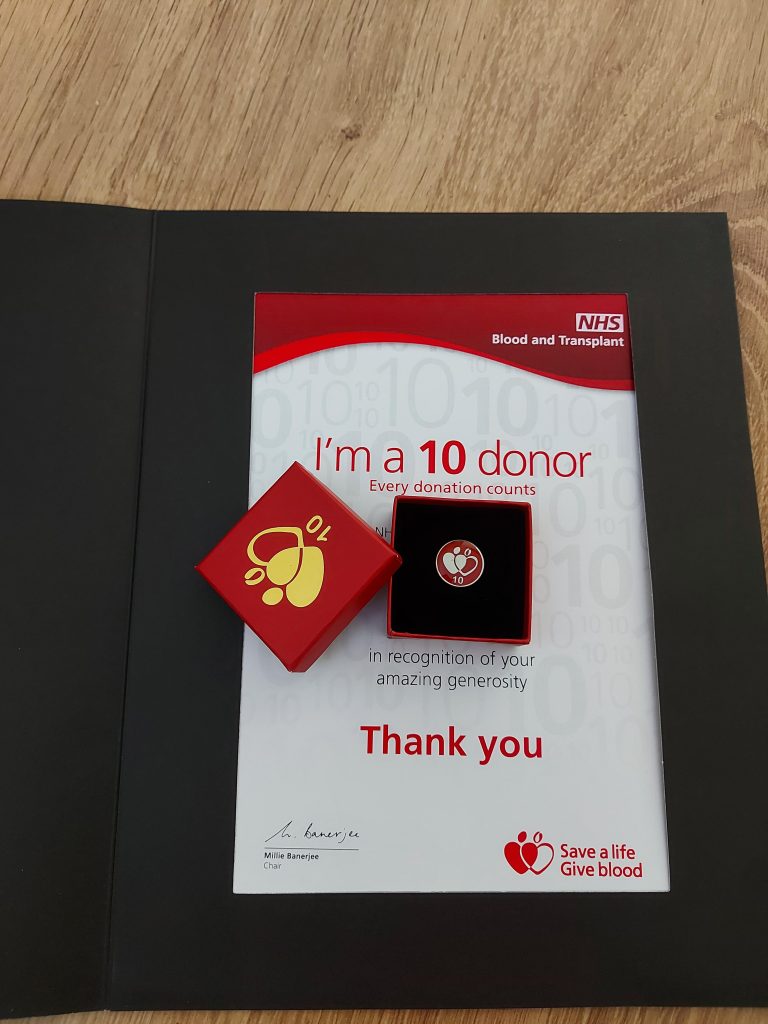 image source: reddit.com
image source: reddit.com
In some cases, individuals with rare blood types may develop cross-reactive antibodies that have the ability to react with multiple blood group antigens, presenting unique challenges in transfusion medicine. These antibodies, known as alloantibodies, can complicate blood typing and compatibility testing, as they may cause unexpected reactions during blood transfusions.
42. The rarity of blood type can be affected by ethnicity
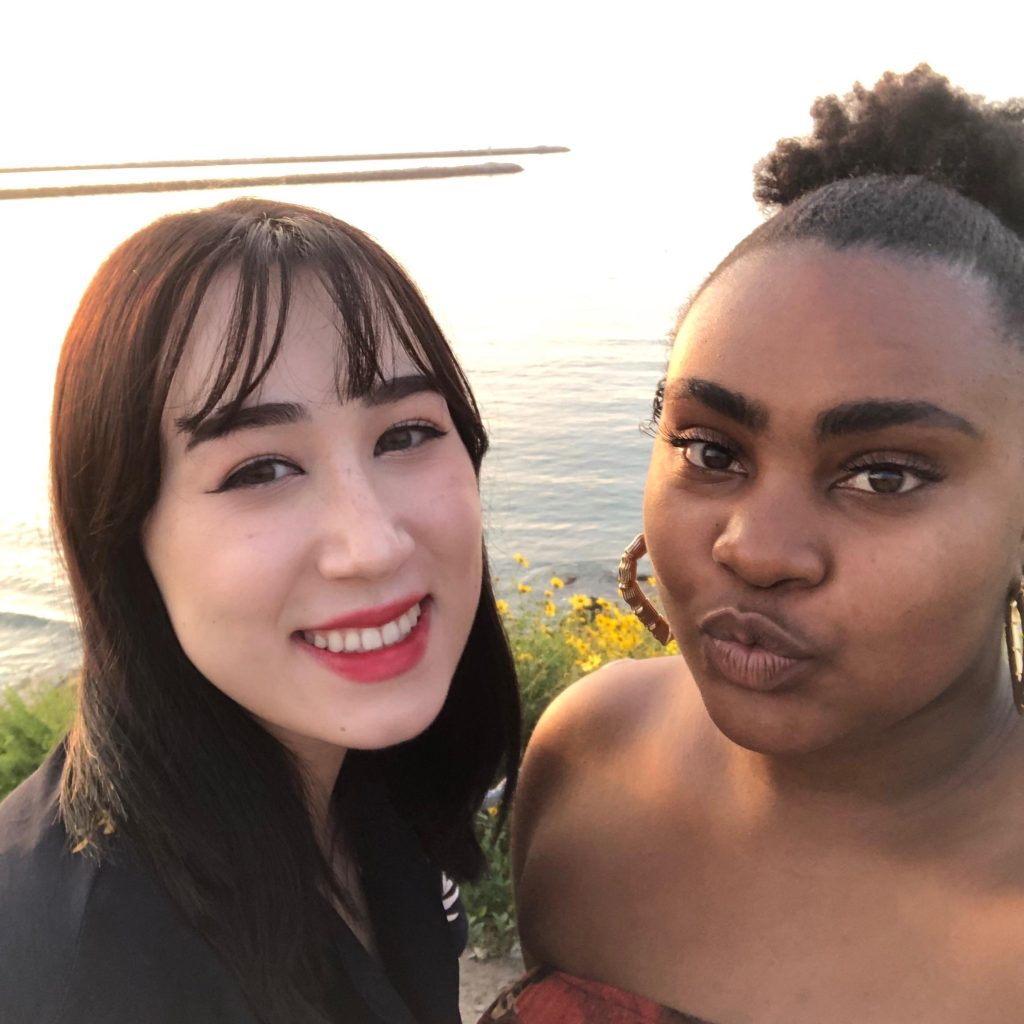 image source: reddit.com
image source: reddit.com
Blood type frequencies exhibit significant variations among different ethnic and geographic populations, reflecting the complex interplay of genetic, environmental, and evolutionary factors. For example, blood type B is more prevalent in Asian populations, particularly in East Asia. In contrast, blood type O is more common in people of European descent.
43. If a mother is Rh-negative and the fetus is Rh-positive, this could lead to the newborn having a disease
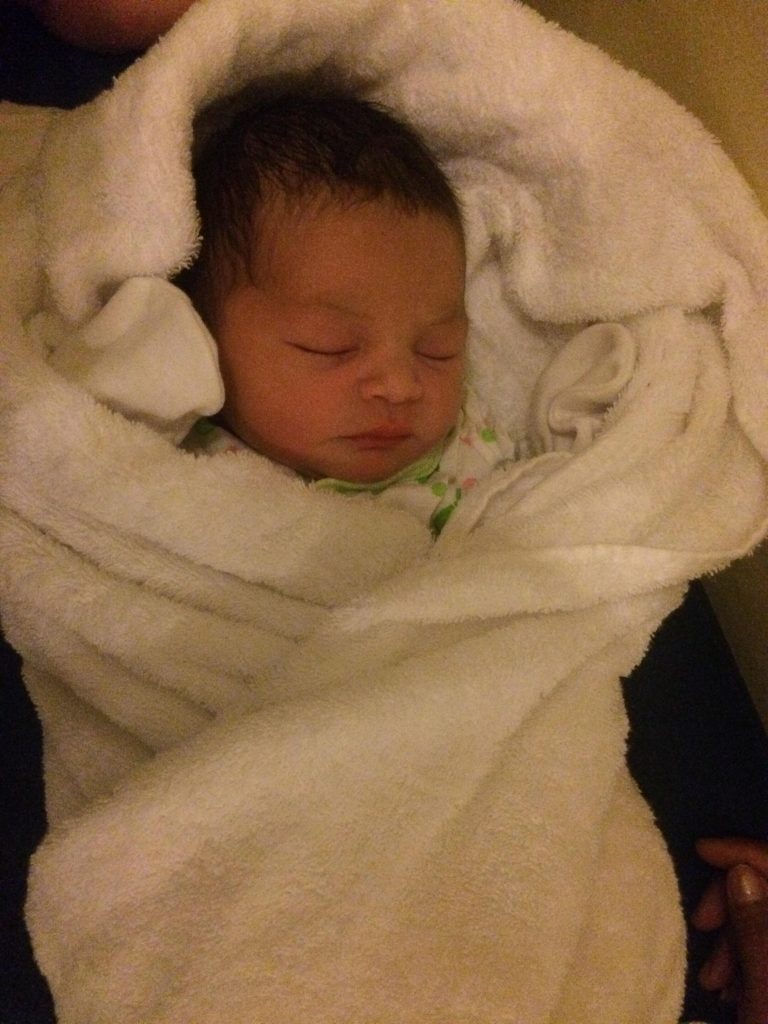 image source: reddit.com
image source: reddit.com
Rh-incompatibility between a Rh-negative mother and a Rh-positive fetus can lead to hemolytic disease of the newborn (HDN), a potentially life-threatening condition characterized by the destruction of fetal red blood cells. During pregnancy and childbirth, Rh-negative mothers may be exposed to fetal Rh-positive blood cells, triggering an immune response that results in the production of anti-Rh antibodies.
44. Throughout history, those with rare blood types have helped medical advancements
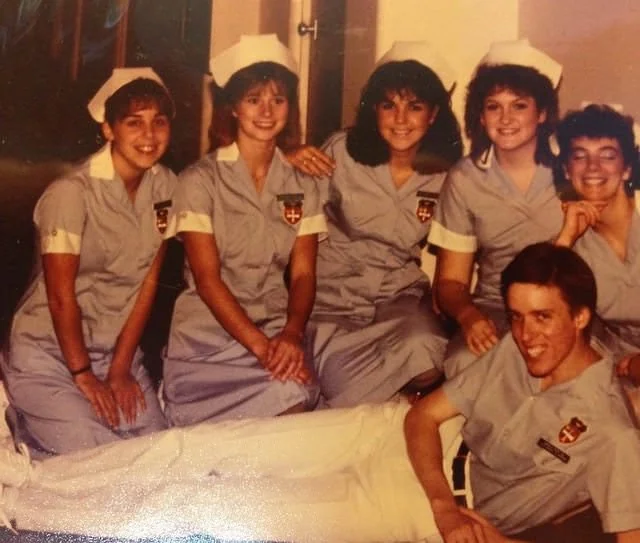 image source: reddit.com
image source: reddit.com
Individuals with rare blood types have played pivotal roles in advancing our understanding of blood biology, transfusion medicine, and human health. Rare blood types have served as crucial resources for medical research, genetic studies, and clinical trials, providing insights into blood group inheritance, antigenic diversity, and immune responses.
45. Duffy-negative blood can mean resistance to malaria
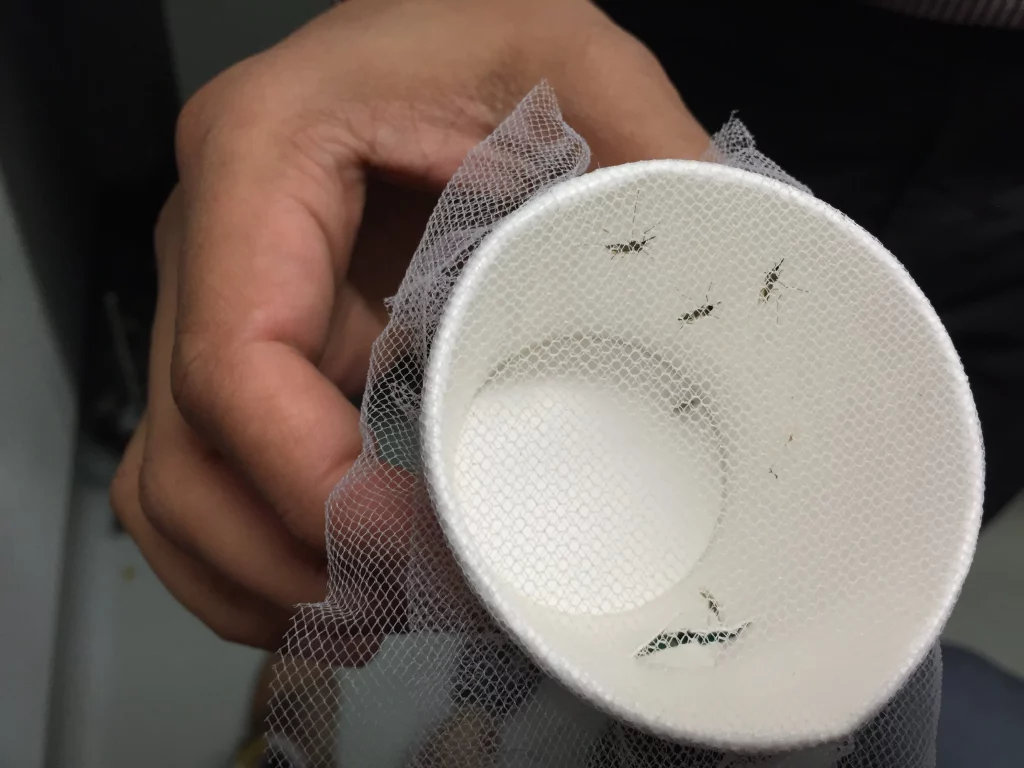 image source: reddit.com
image source: reddit.com
Individuals with Duffy-negative blood lack the Duffy antigen, making them resistant to certain strains of the malaria parasite Plasmodium vivax. This rare blood type is more commonly found in populations of those from an African descent, where malaria has historically been endemic.
46. Kell-null is an extremely rare blood type
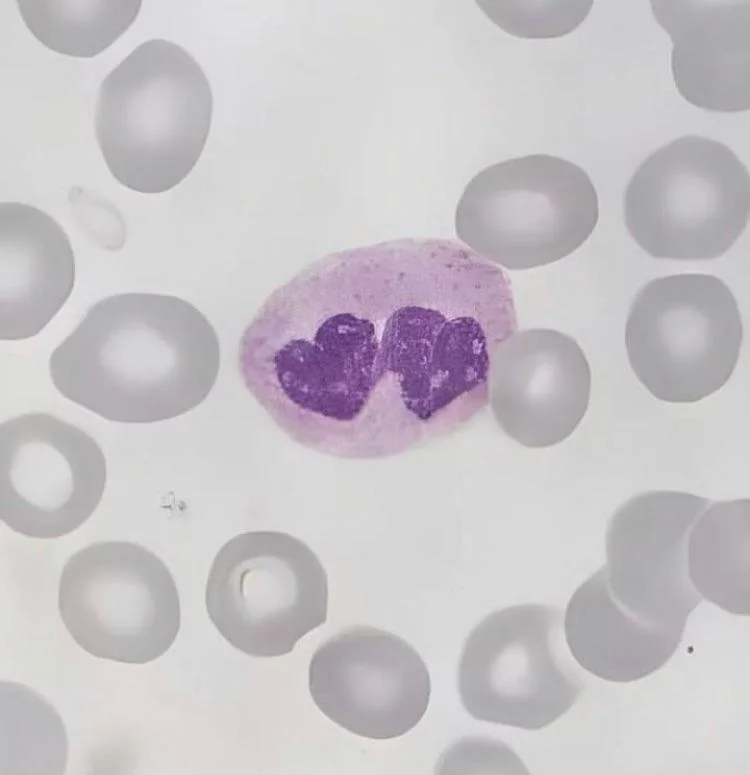 image source: reddit.com
image source: reddit.com
Kell-null is another extremely rare blood type characterized by the absence of Kell antigens on red blood cells. Individuals with Kell-null blood may develop antibodies against Kell antigens if exposed to them through transfusion or pregnancy, making blood transfusions challenging.
47. The Diego blood group is a difficult one for blood transfusions
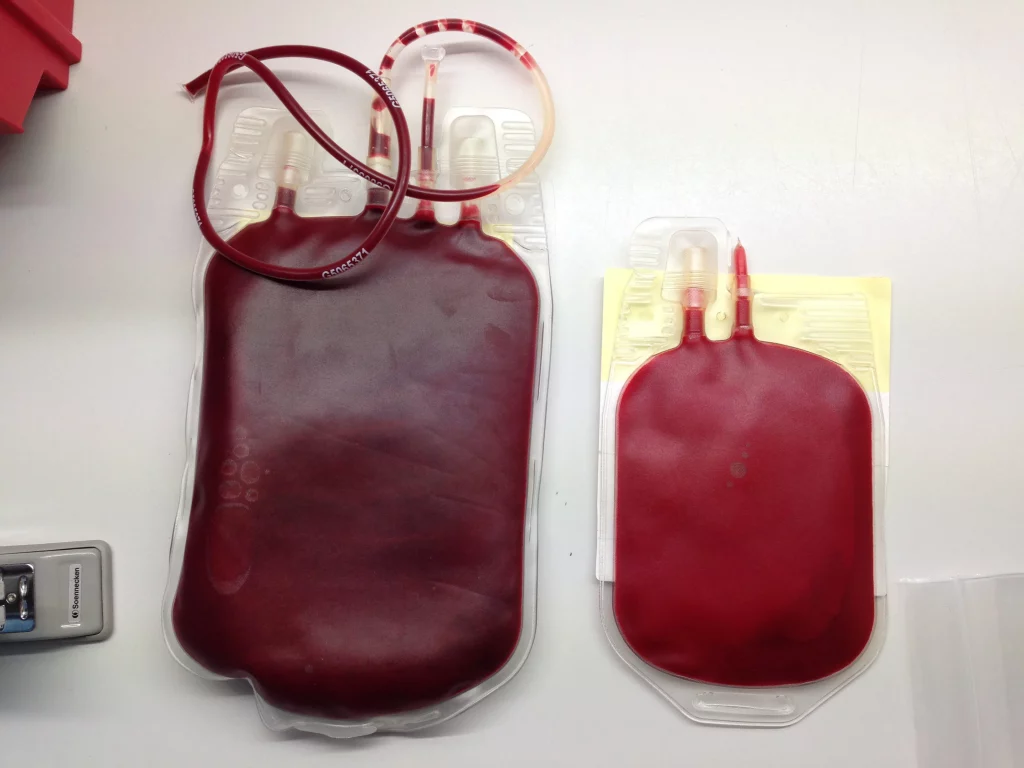 image source: reddit.com
image source: reddit.com
The Diego blood group system is another relatively rare blood group and includes antigens such as Di^a and Di^b. Individuals with rare Diego antigens may develop antibodies against these antigens, leading to transfusion reactions if they receive blood from donors with incompatible antigens.
48. Some tips if you have a rare blood type: stay informed and advocate for yourself
 image source: reddit.com
image source: reddit.com
Educate yourself about your rare blood type, its implications, and any potential medical considerations associated with it. Stay up-to-date on advancements in transfusion medicine and genetic research related to rare blood types. Advocate for your own healthcare needs by communicating effectively with healthcare providers, asking questions, and seeking out specialized care when necessary.
49. Join a rare blood type registry or support group
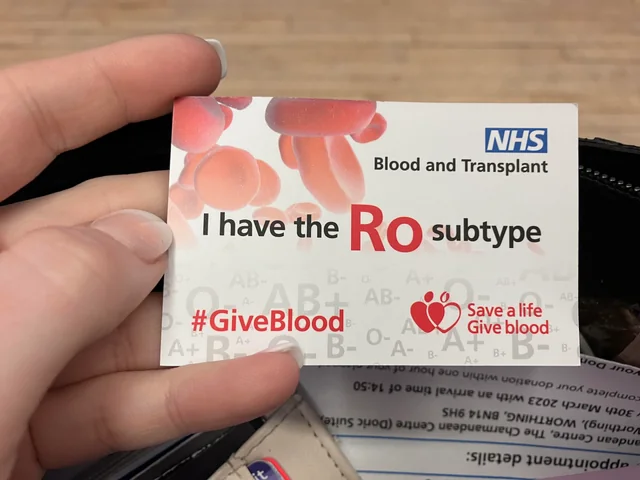 image source: reddit.com
image source: reddit.com
Consider joining a rare blood type registry or support group to connect with others who share similar blood types and experiences. These communities can provide valuable resources, emotional support, and opportunities for networking with healthcare professionals and researchers specializing in rare blood types. Additionally, registries may facilitate access to compatible blood donors or specialized medical treatments in times of need.
50. Consider regularly donating blood
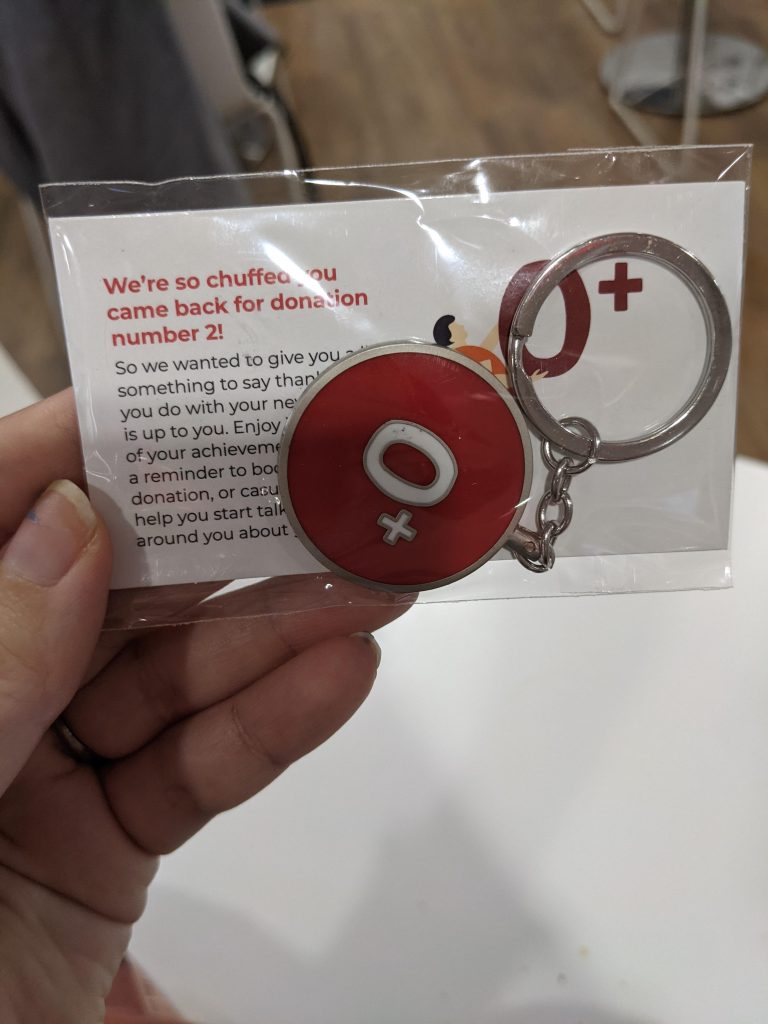 image source: reddit.com
image source: reddit.com
If you're eligible to donate blood, consider doing so regularly. Individuals with rare blood types play a crucial role in maintaining a diverse and sufficient blood supply for patients in need. By donating blood, you not only contribute to lifesaving transfusions for others but also help raise awareness about the importance of rare blood types and the need for diverse blood donations.
 image source: reddit.com
image source: reddit.com image source: reddit.com
image source: reddit.com image source: reddit.com
image source: reddit.com image source: x.com
image source: x.com image source: reddit.com
image source: reddit.com image source: reddit.com
image source: reddit.com image source: reddit.com
image source: reddit.com image source: reddit.com
image source: reddit.com image source: reddit.com
image source: reddit.com image source: reddit.com
image source: reddit.com image source: reddit.com
image source: reddit.com image source: reddit.com
image source: reddit.com image source: reddit.com
image source: reddit.com image source: reddit.com
image source: reddit.com image source: reddit.com
image source: reddit.com image source: reddit.com
image source: reddit.com image source: reddit.com
image source: reddit.com image source: reddit.com
image source: reddit.com image source: reddit.com
image source: reddit.com

 image source: reddit.com
image source: reddit.com image source: reddit.com
image source: reddit.com image source: reddit.com
image source: reddit.com
 image source: reddit.com
image source: reddit.com image source: reddit.com
image source: reddit.com image source: reddit.com
image source: reddit.com image source: reddit.com
image source: reddit.com image source: reddit.com
image source: reddit.com image source: reddit.com
image source: reddit.com image source: reddit.com
image source: reddit.com image source: reddit.com
image source: reddit.com image source: reddit.com
image source: reddit.com image source: reddit.com
image source: reddit.com image source: reddit.com
image source: reddit.com image source: reddit.com
image source: reddit.com image source: reddit.com
image source: reddit.com image source: reddit.com
image source: reddit.com image source: reddit.com
image source: reddit.com image source: reddit.com
image source: reddit.com image source: reddit.com
image source: reddit.com image source: reddit.com
image source: reddit.com image source: reddit.com
image source: reddit.com image source: reddit.com
image source: reddit.com image source: reddit.com
image source: reddit.com image source: reddit.com
image source: reddit.com image source: reddit.com
image source: reddit.com image source: reddit.com
image source: reddit.com image source: reddit.com
image source: reddit.com